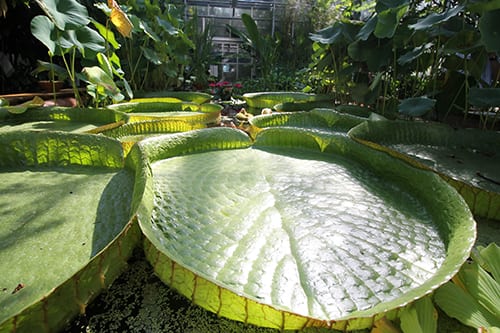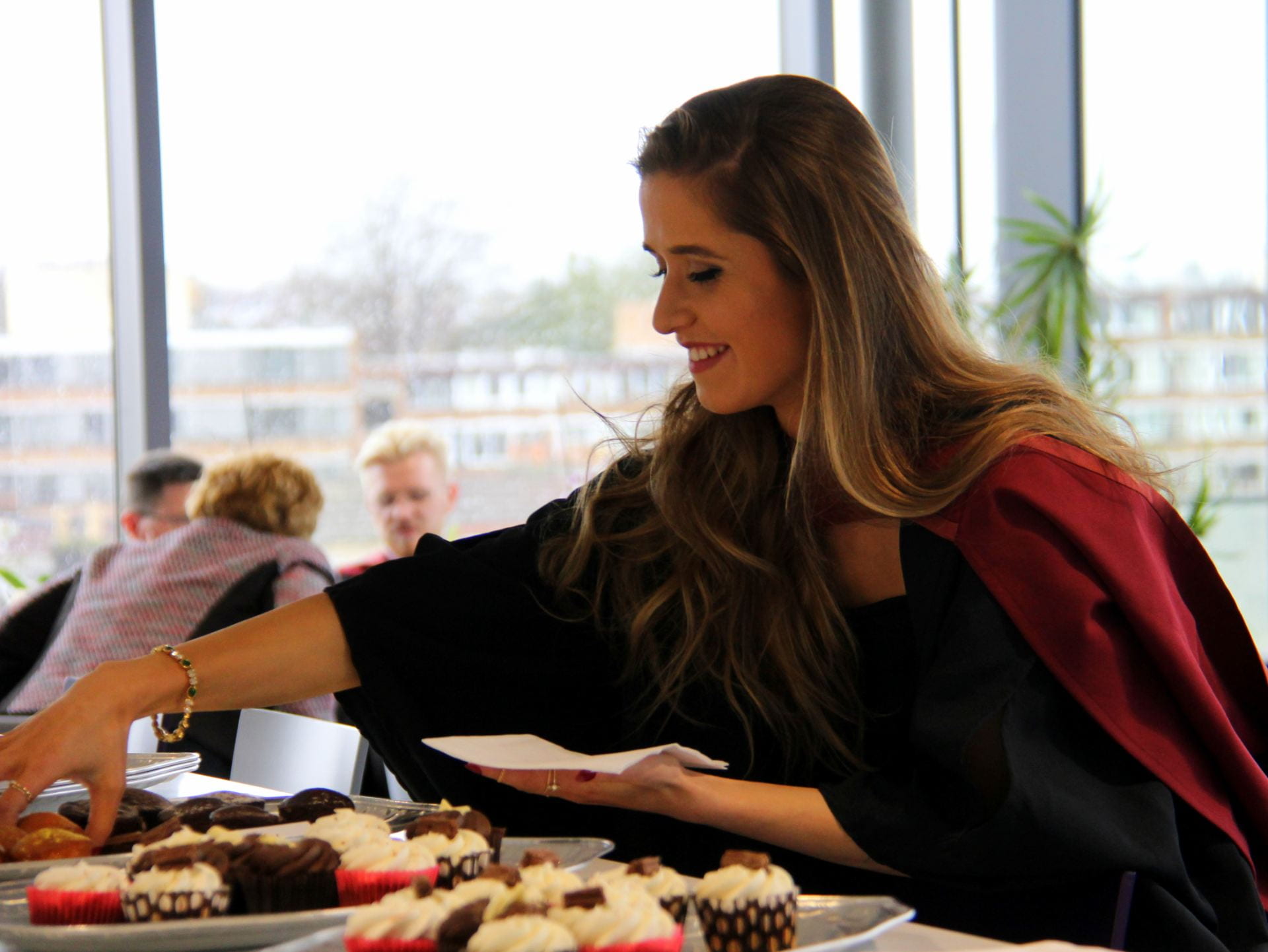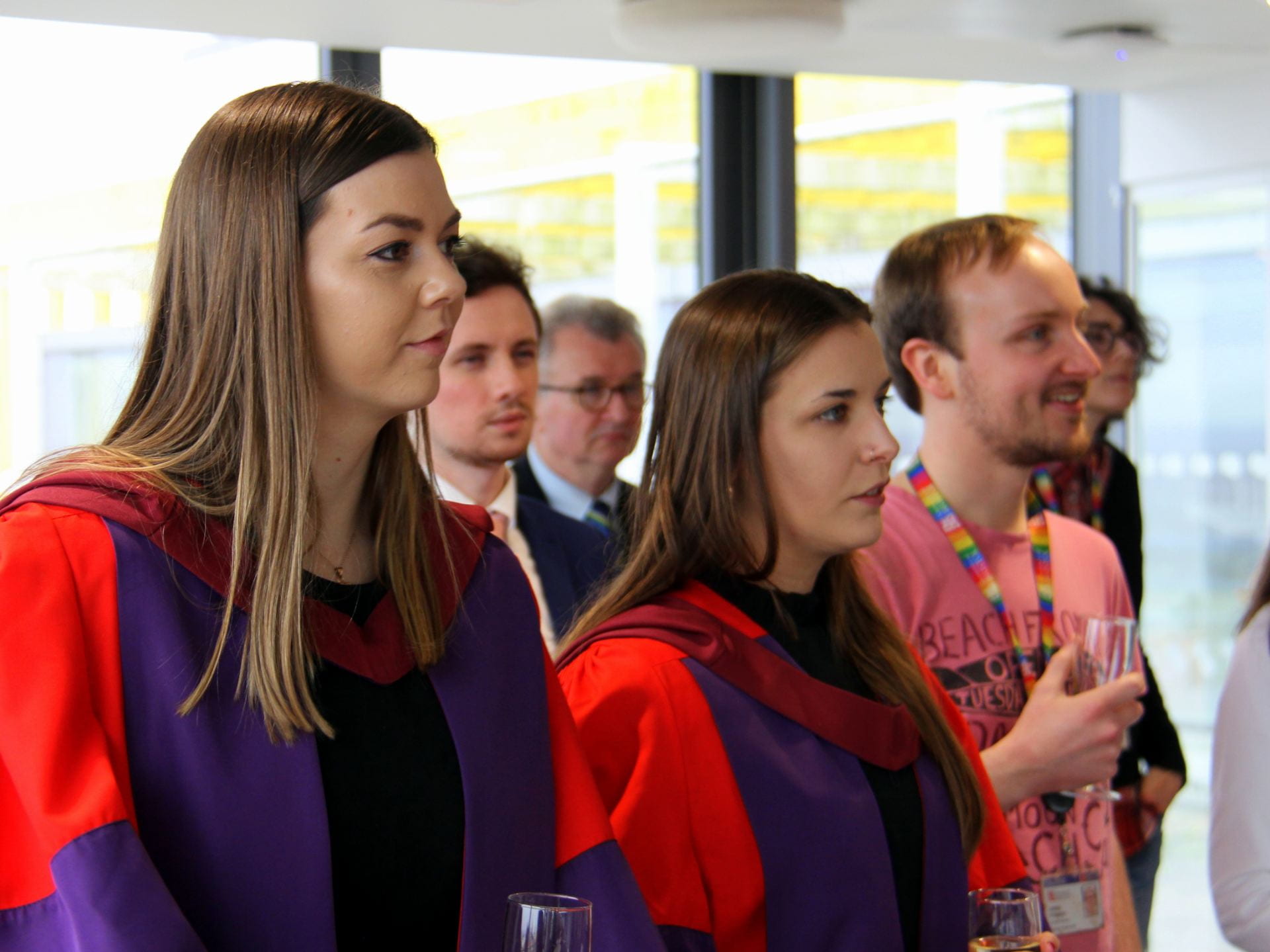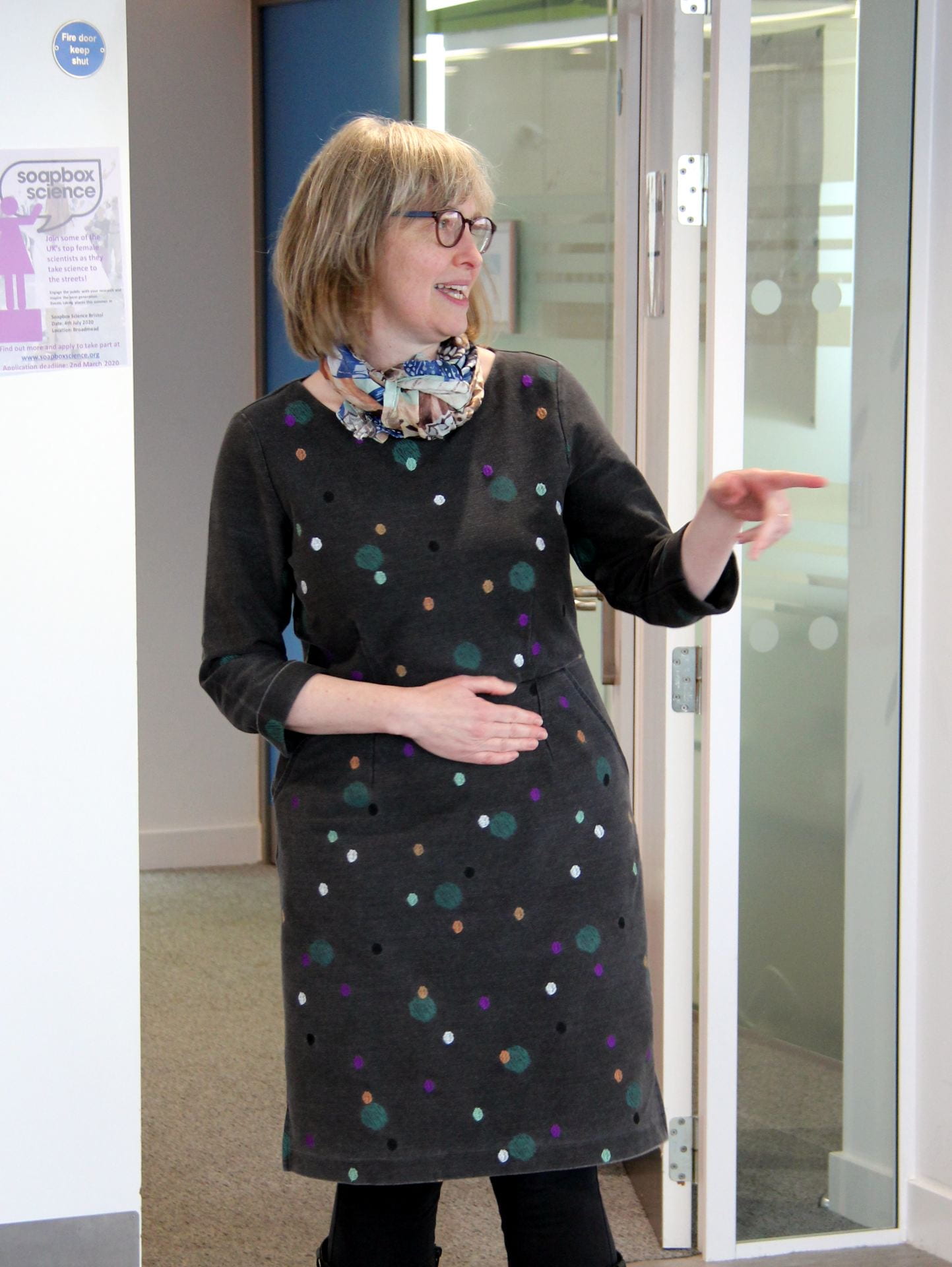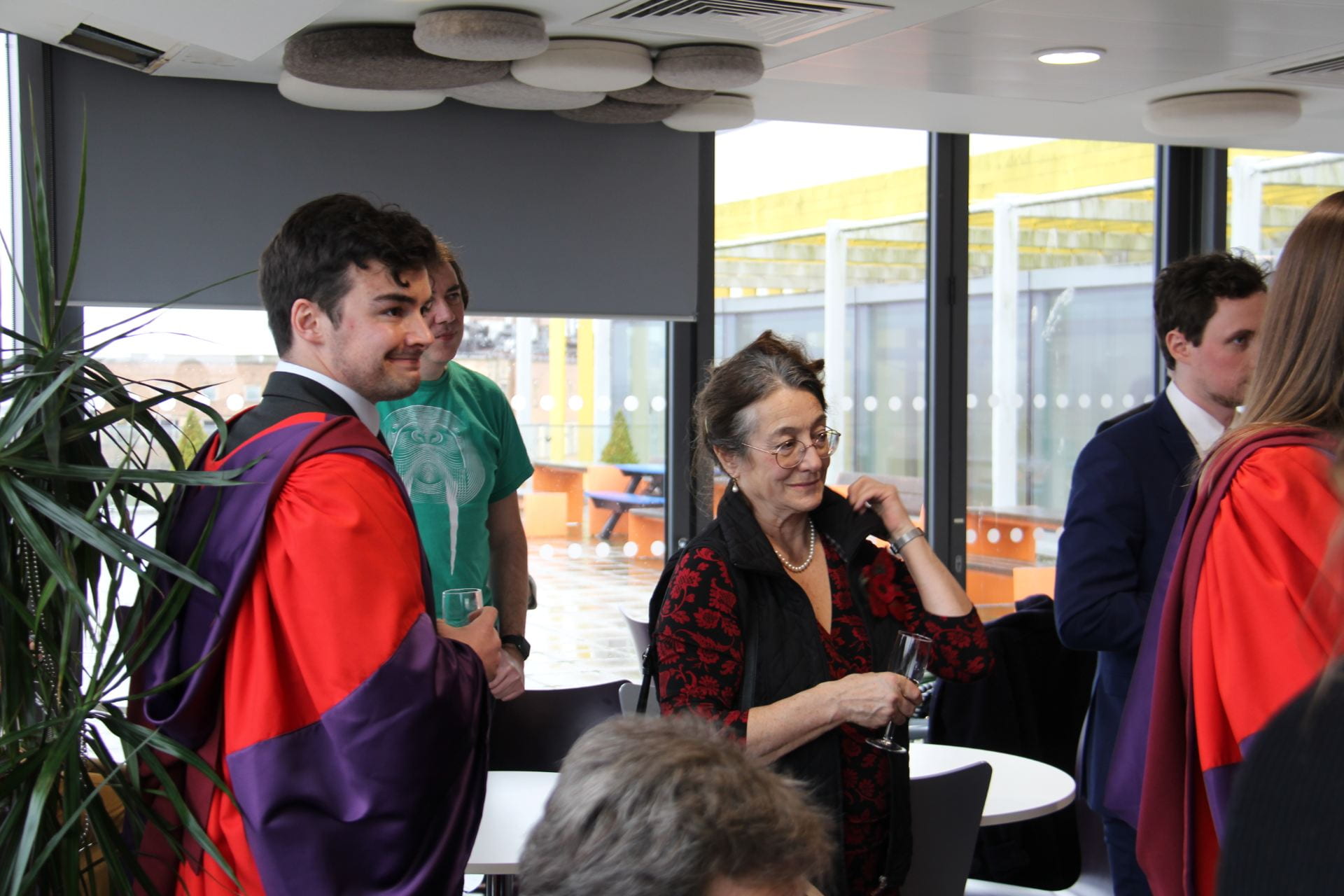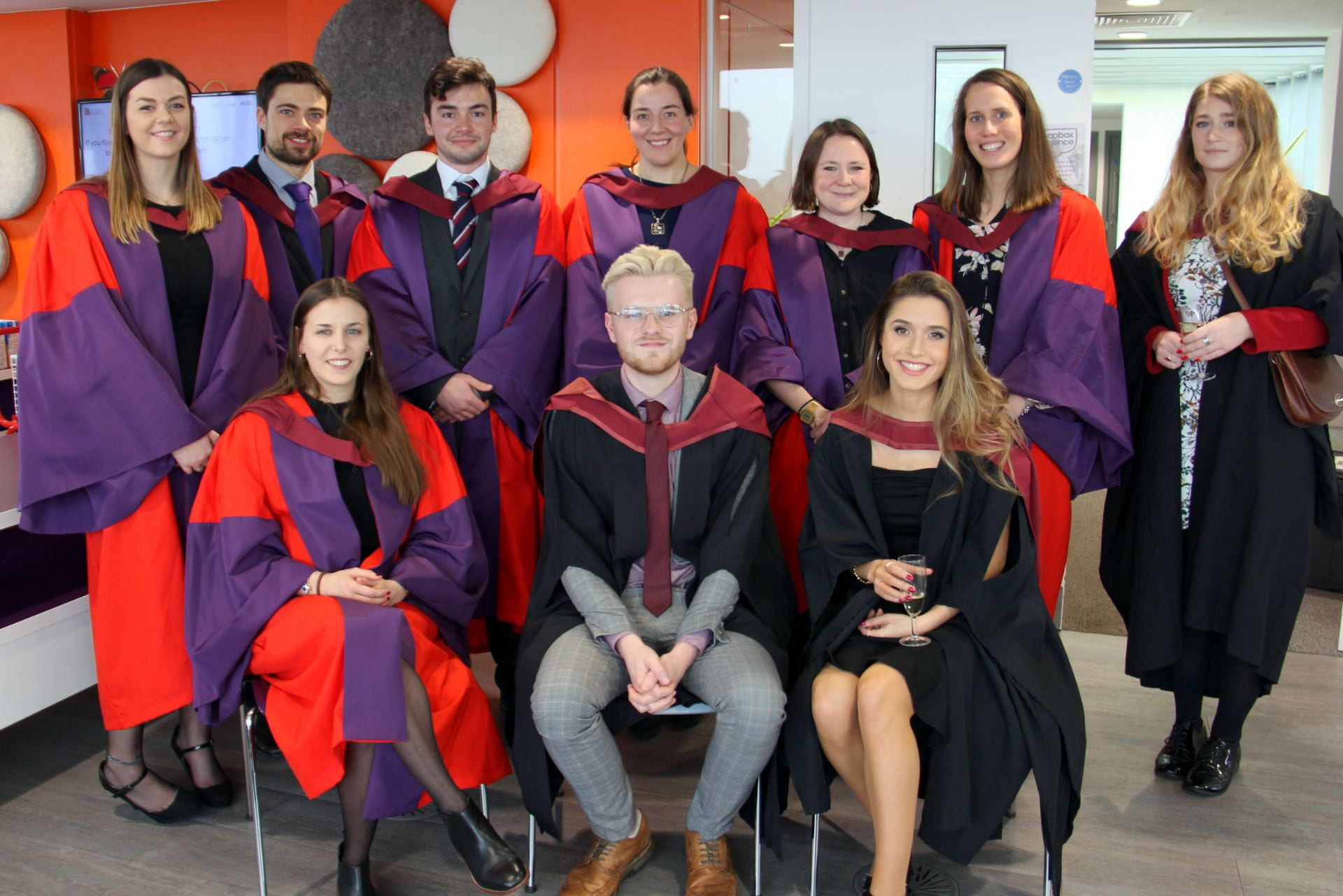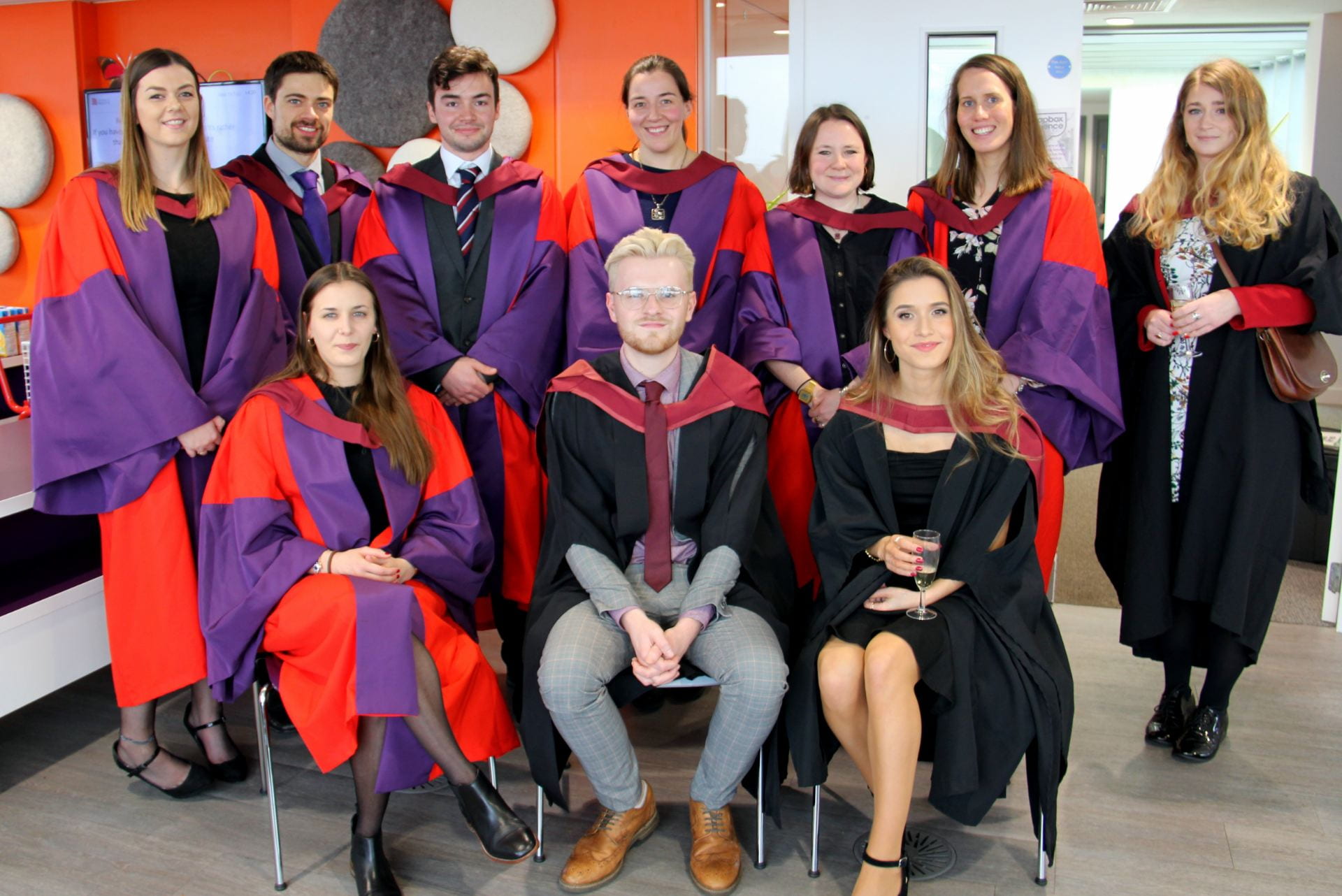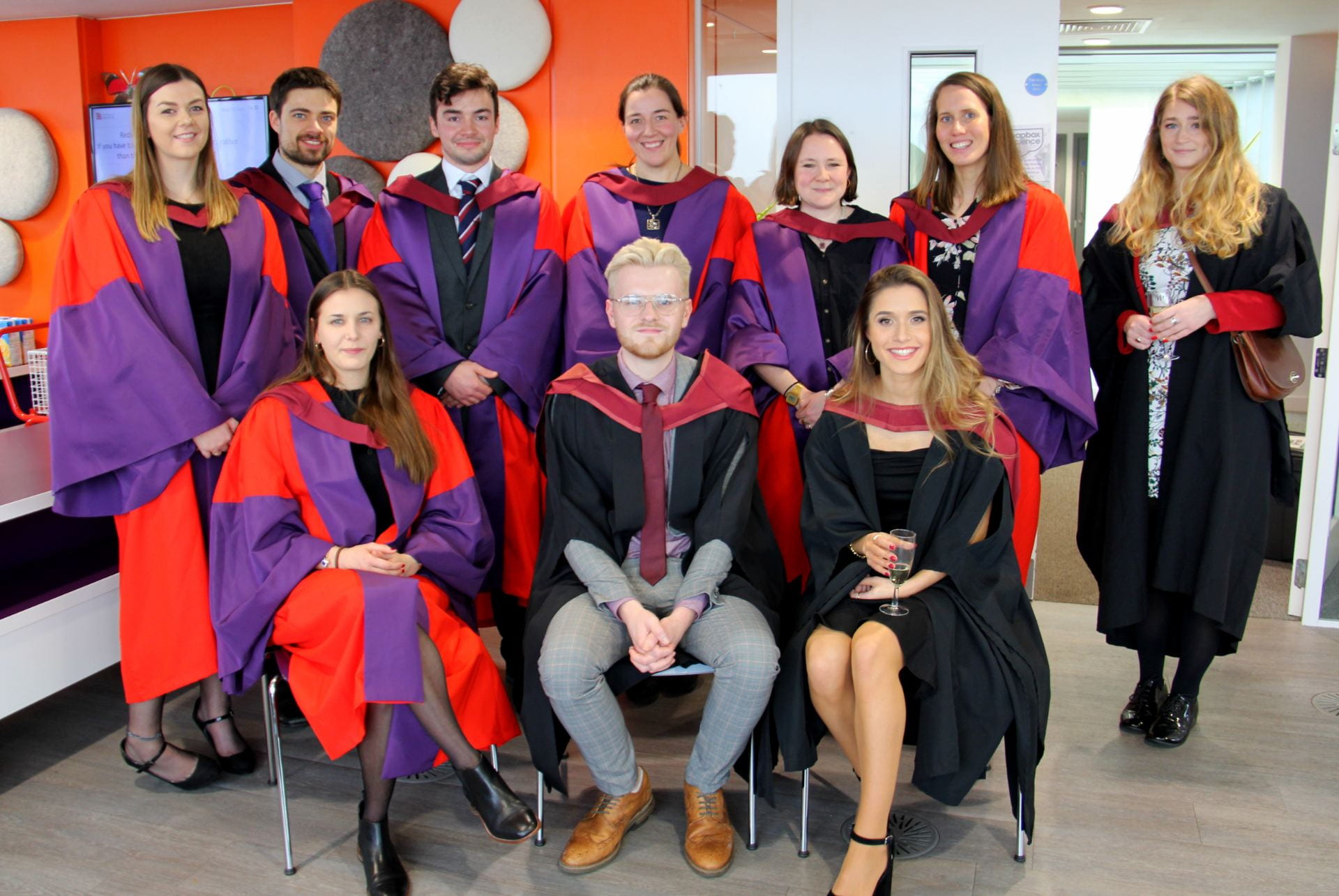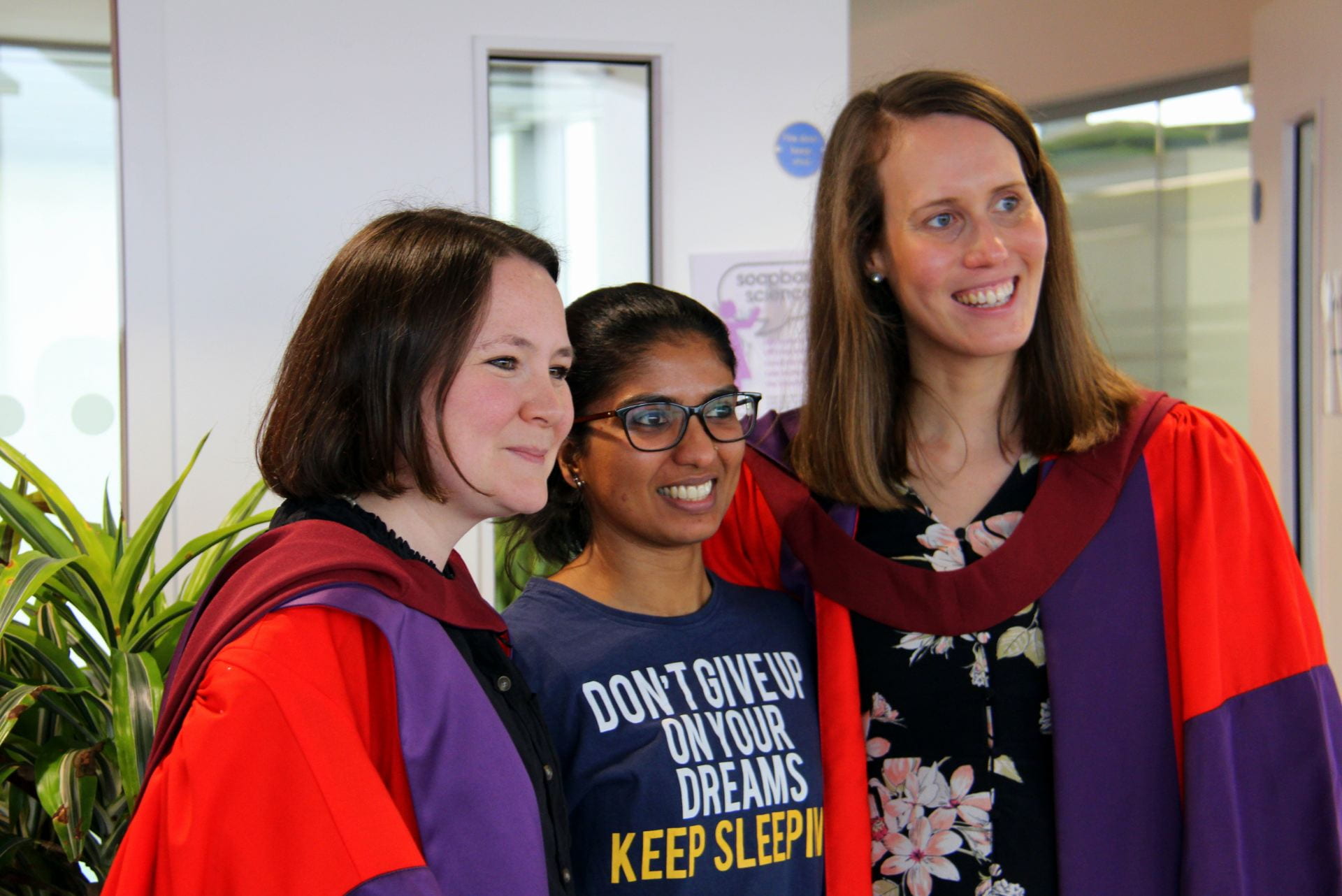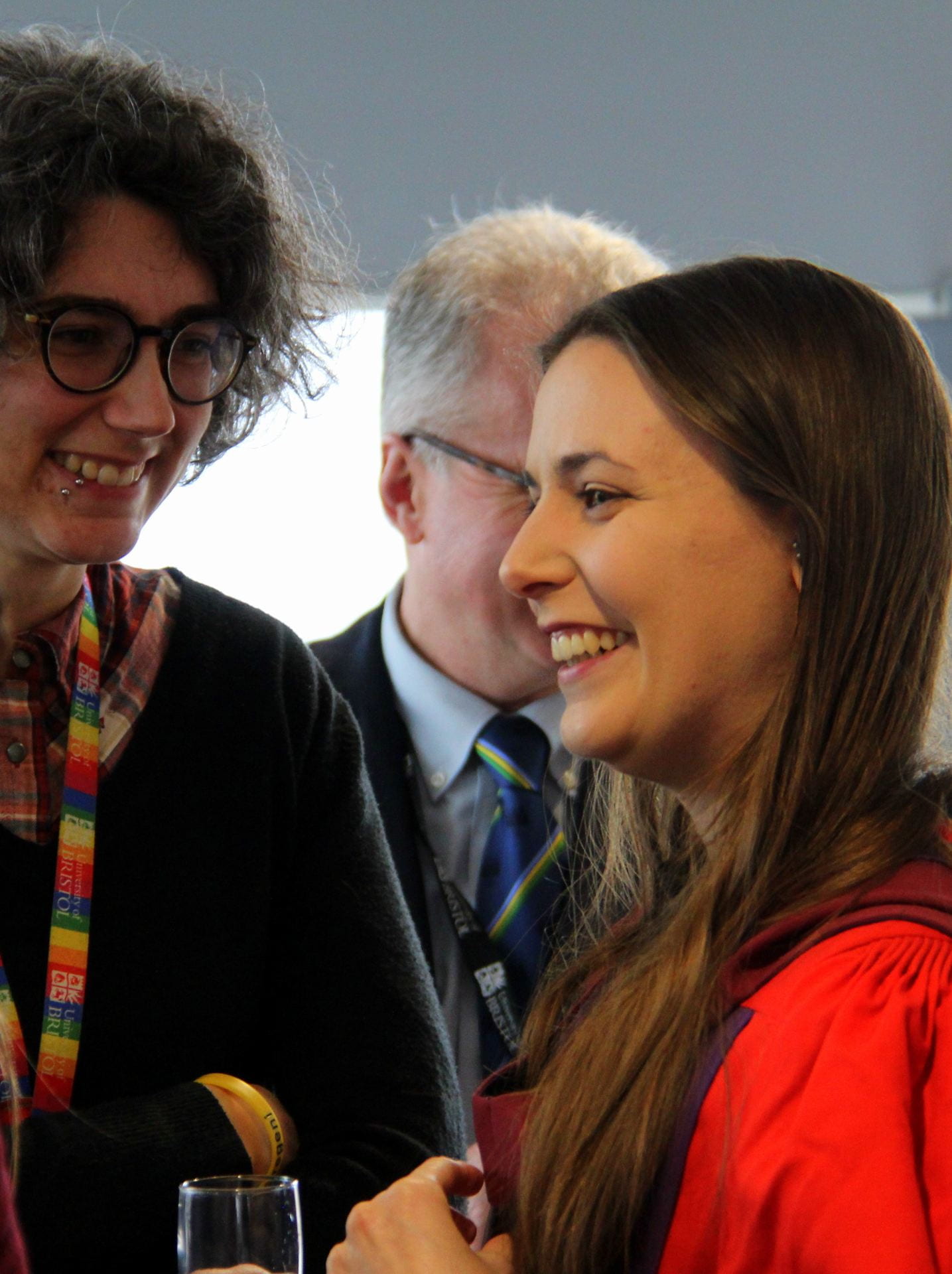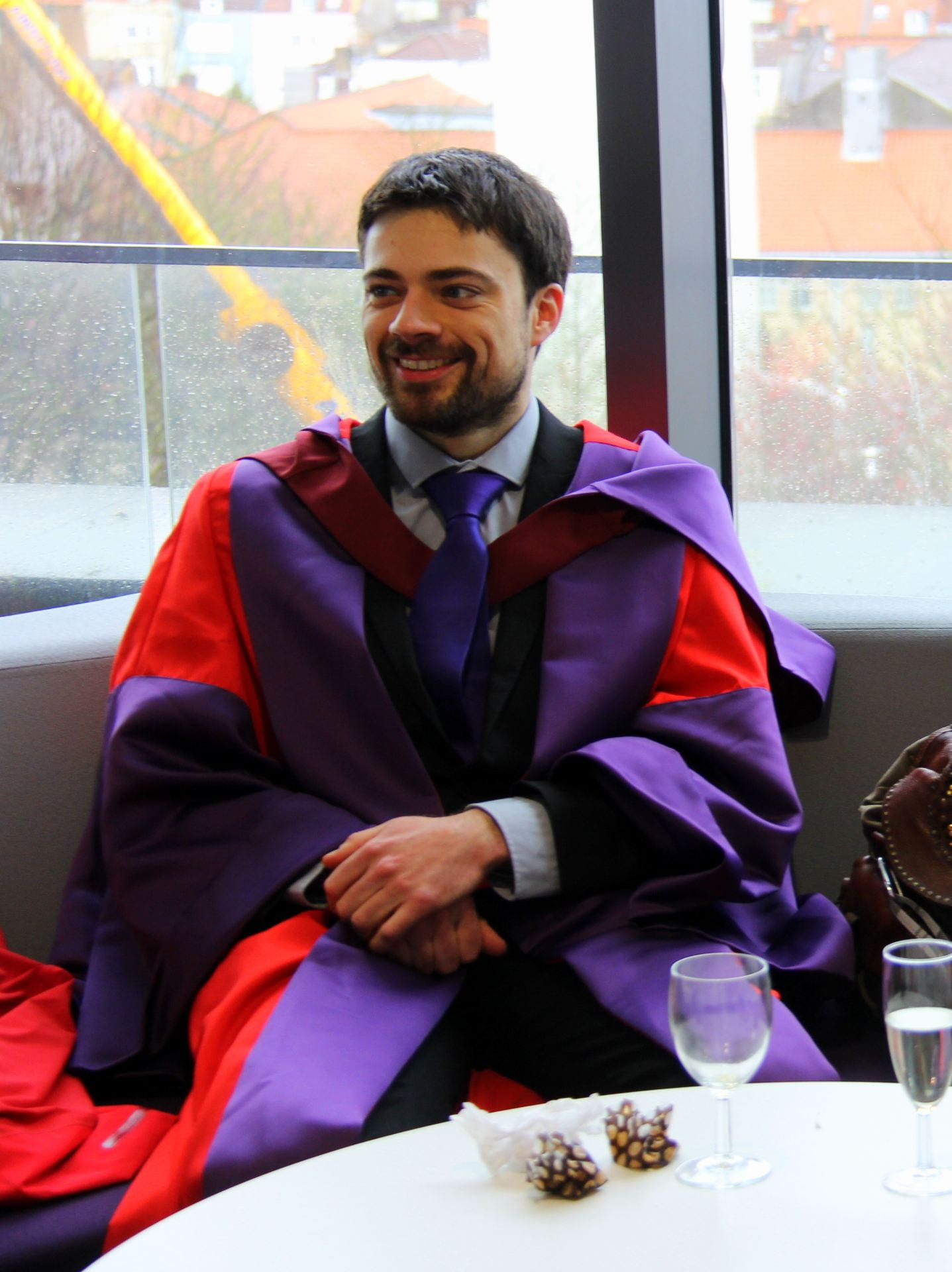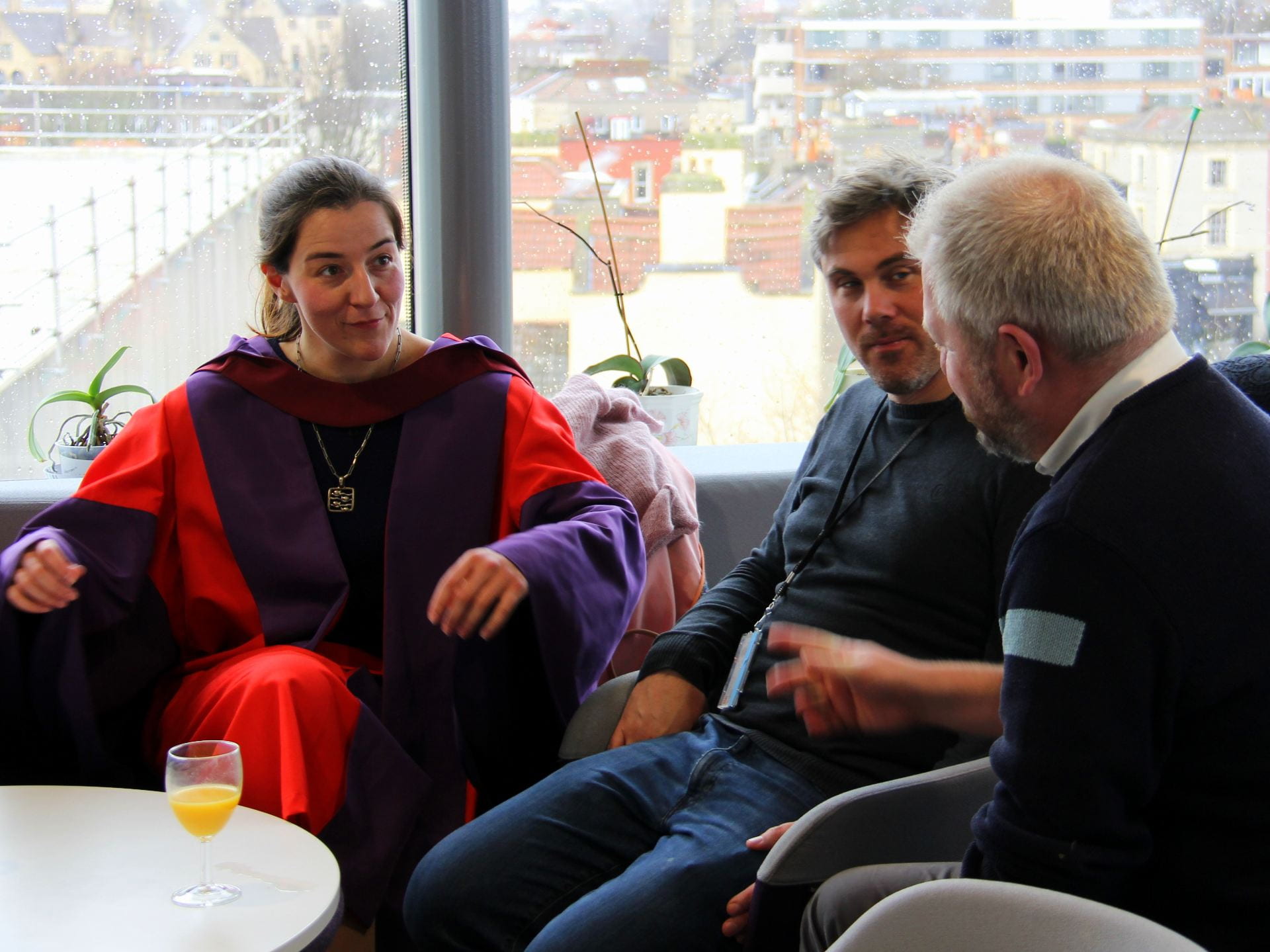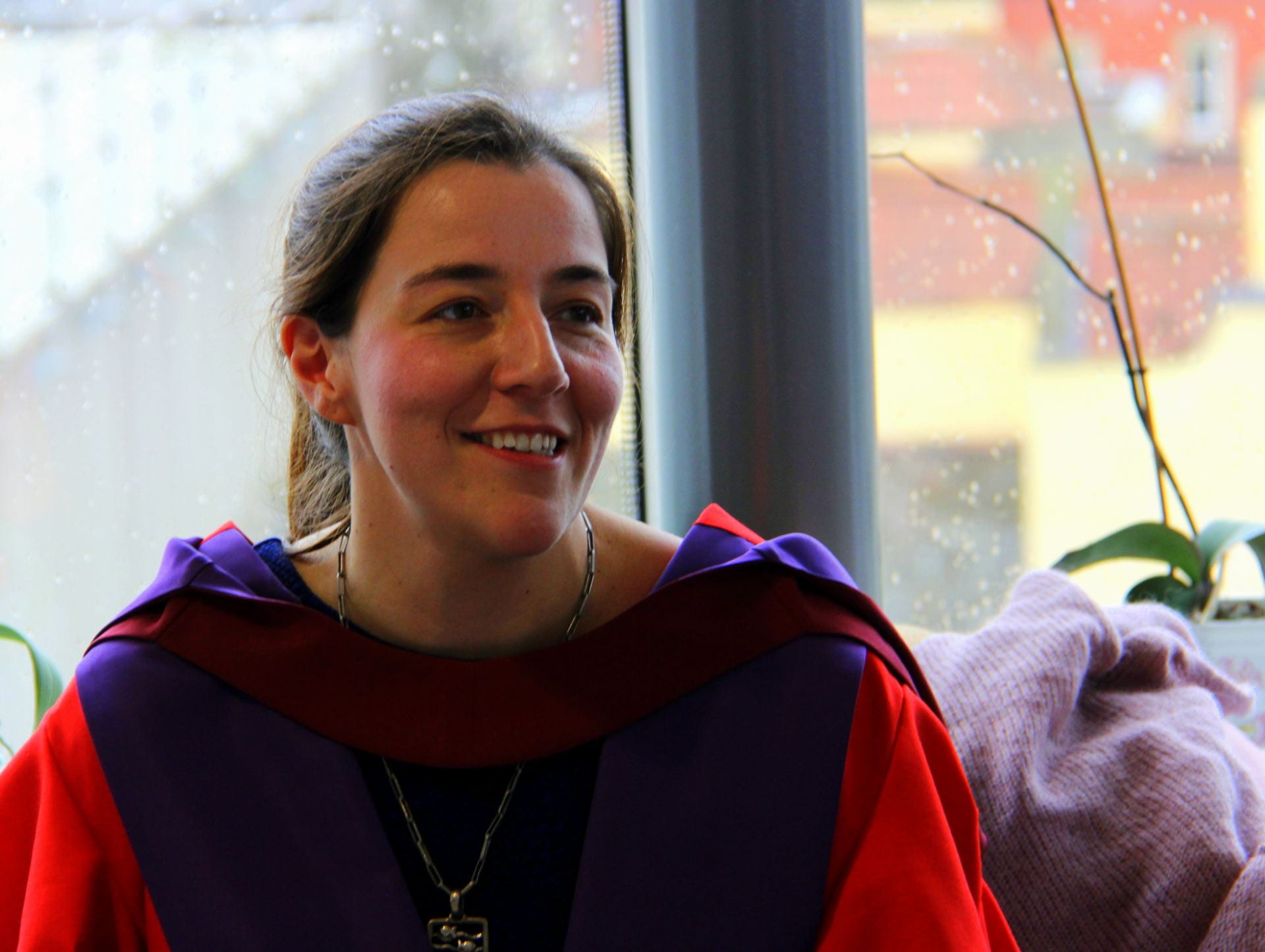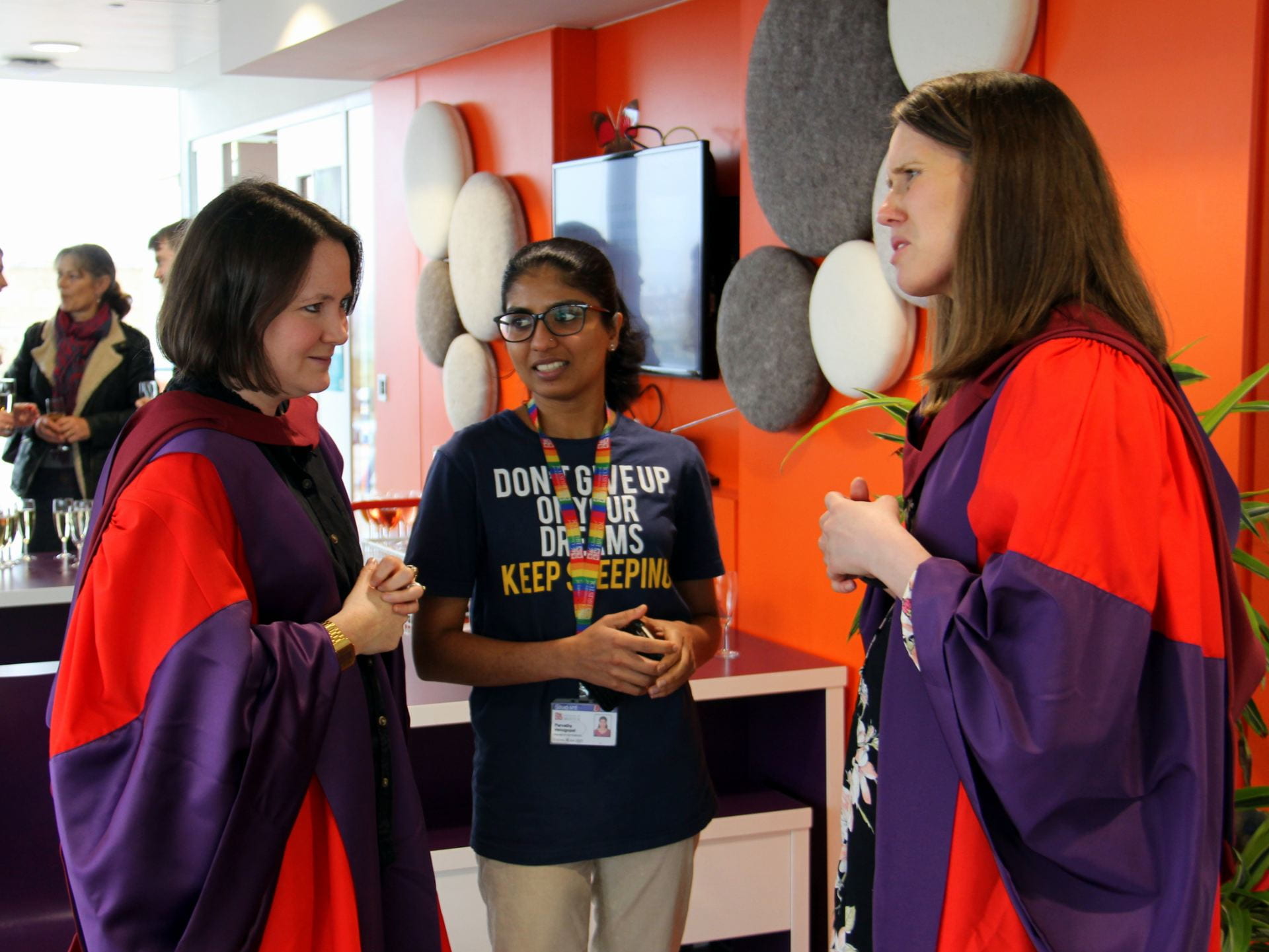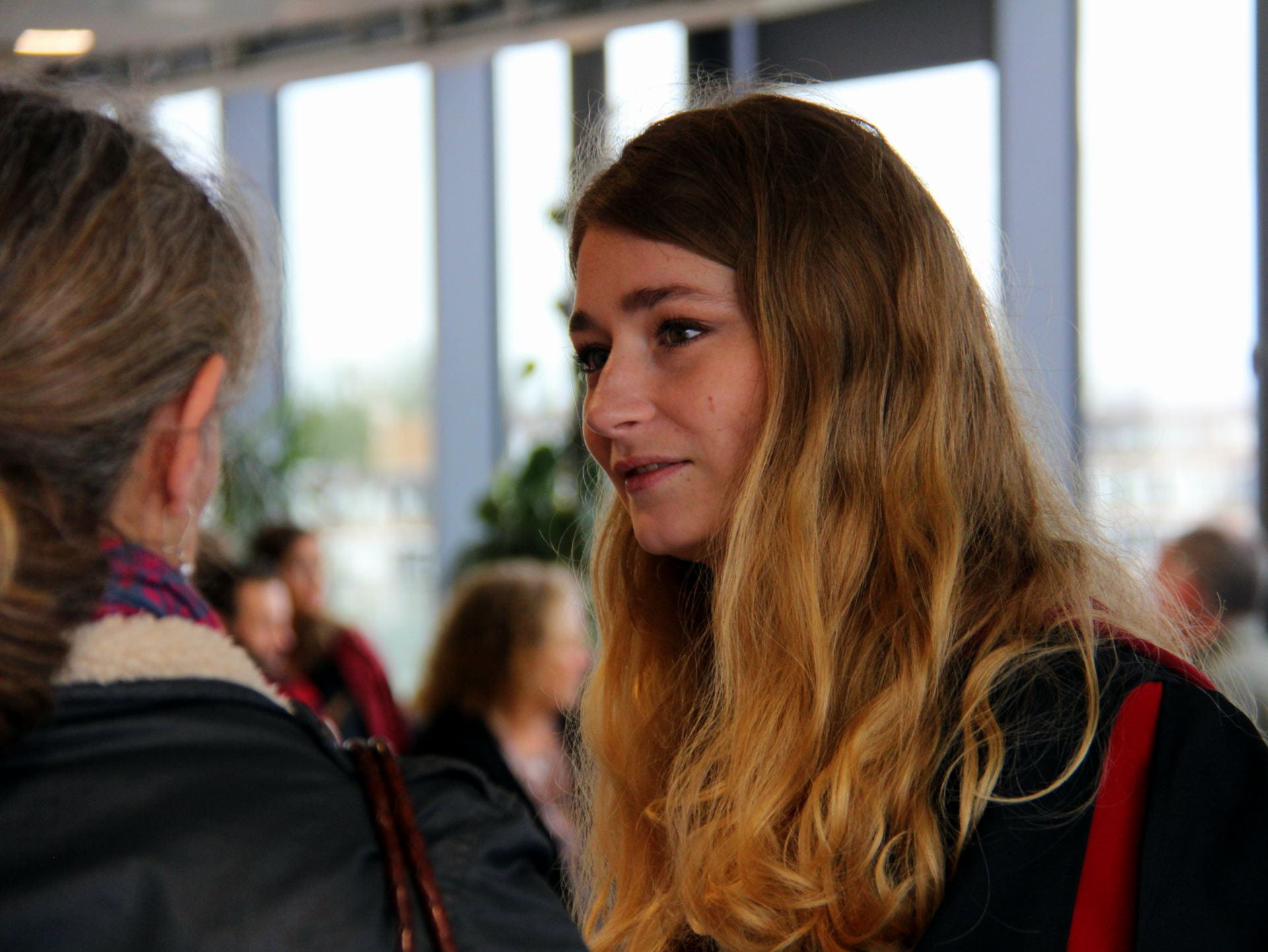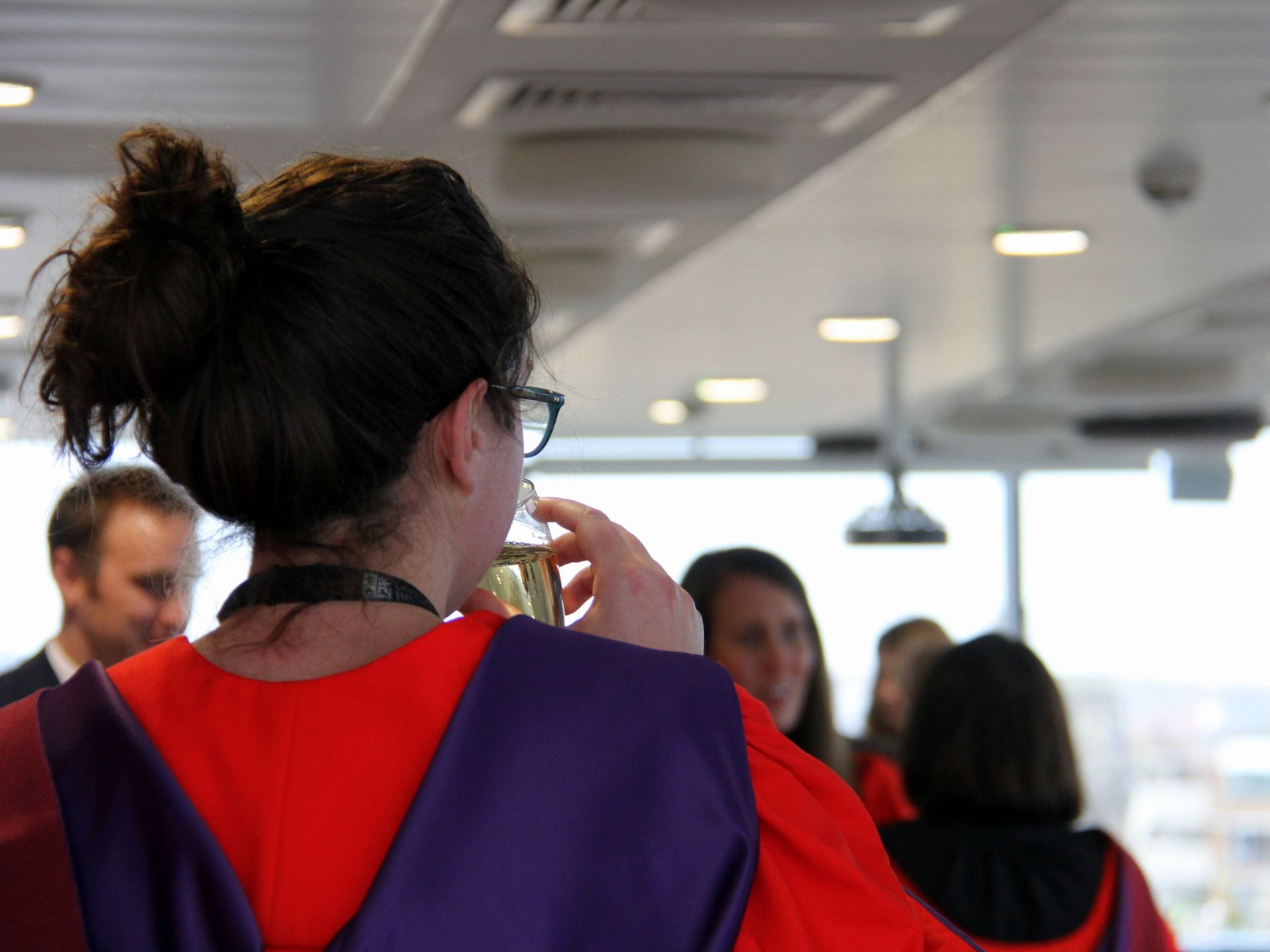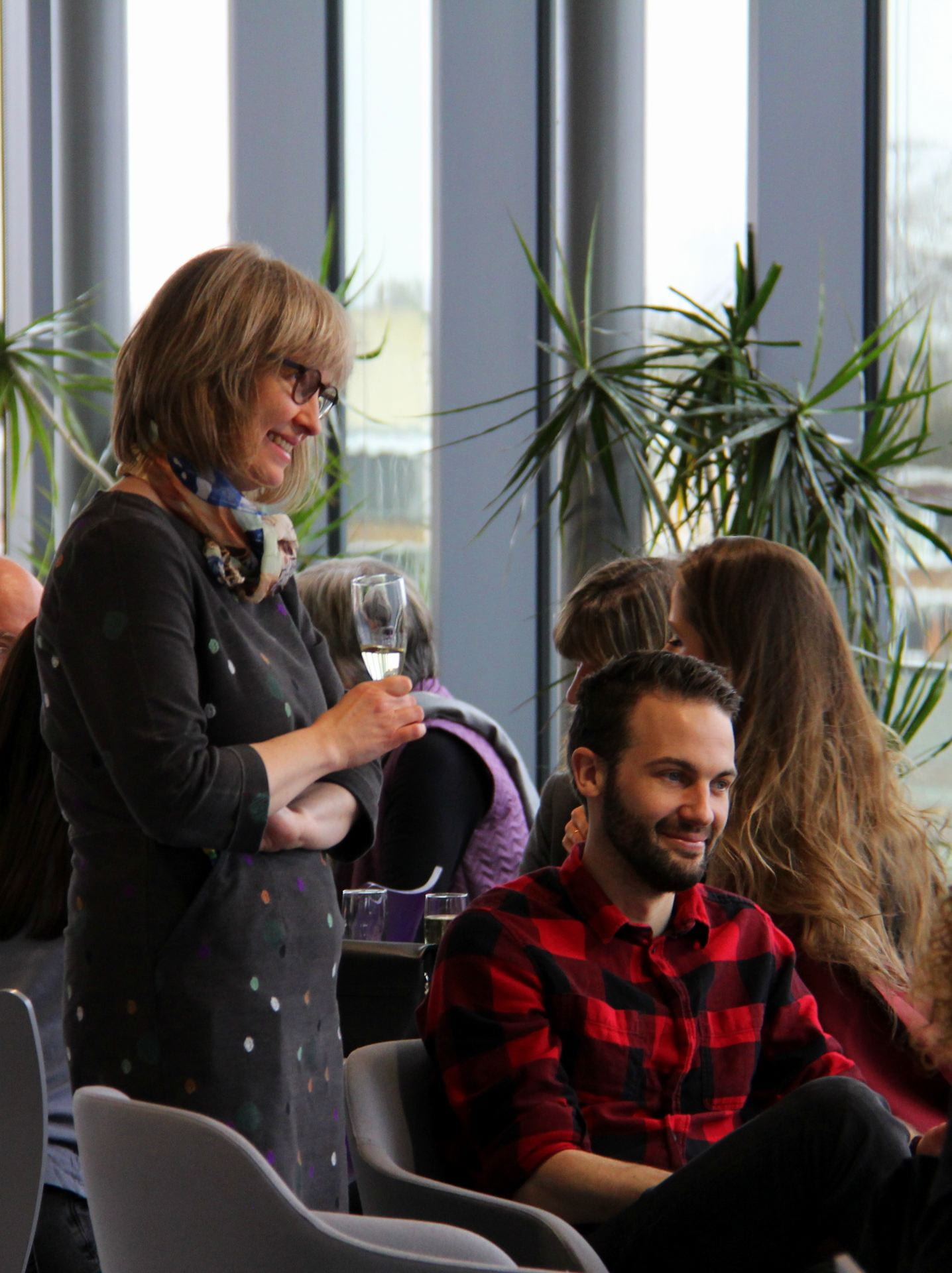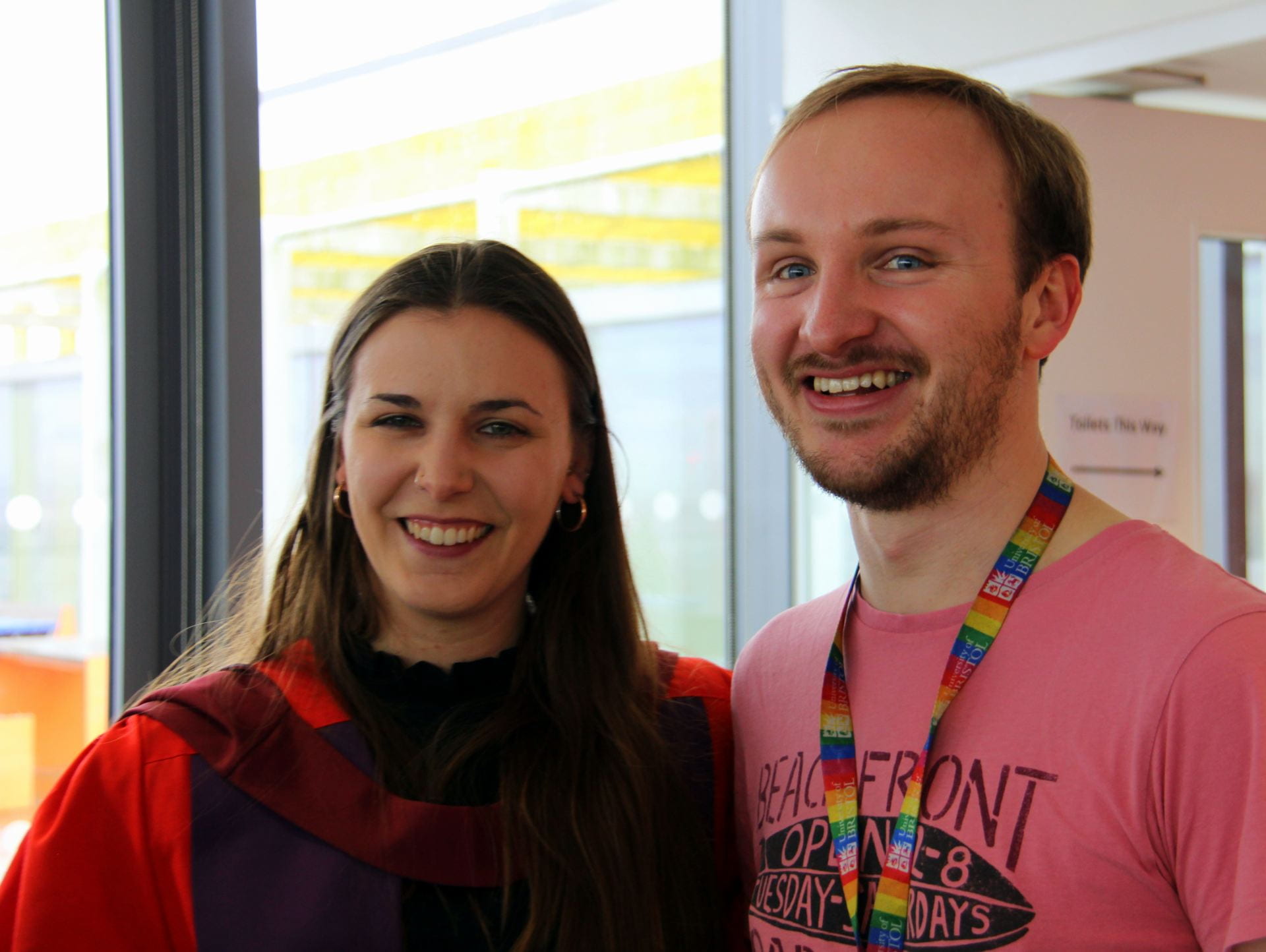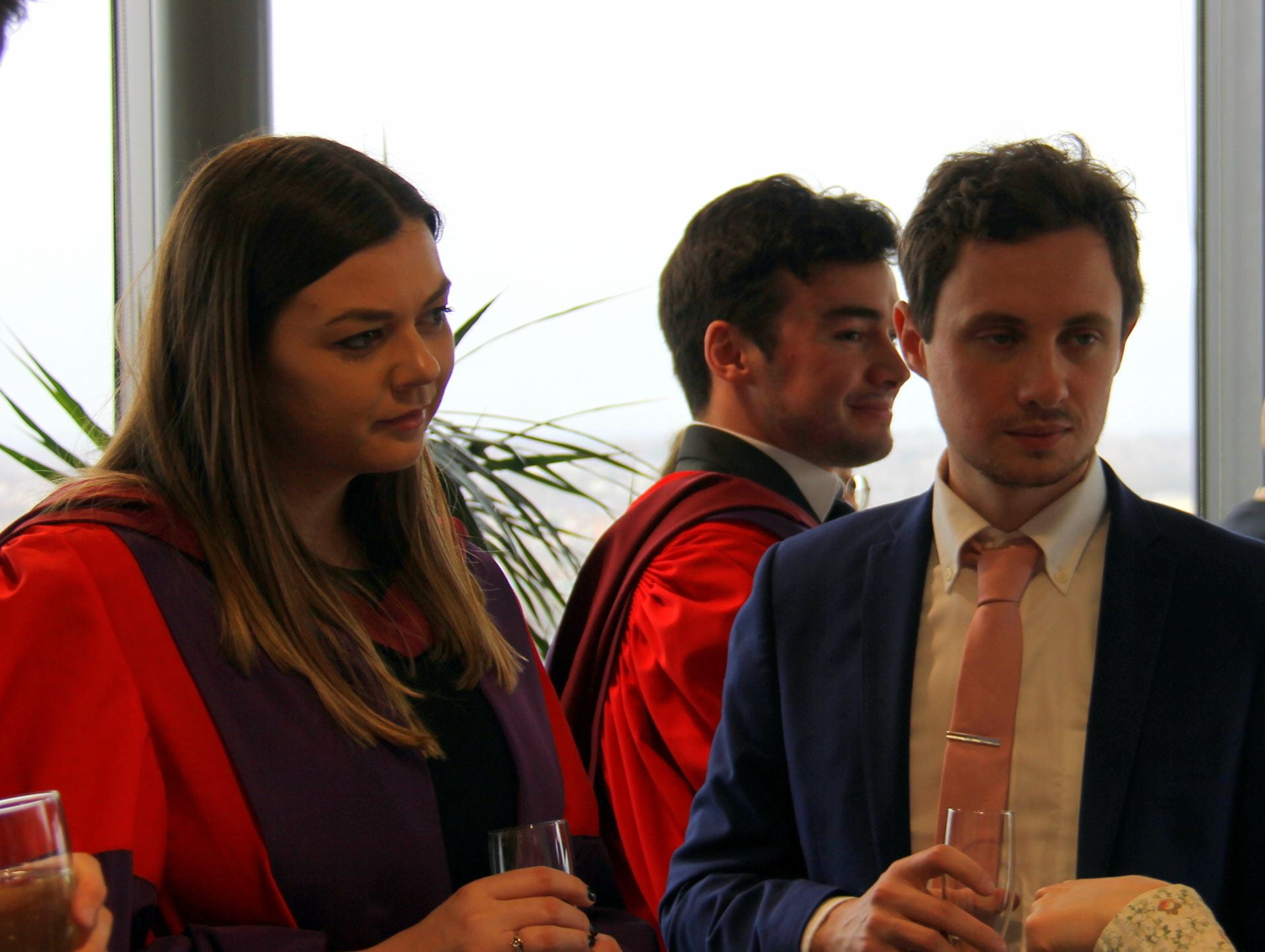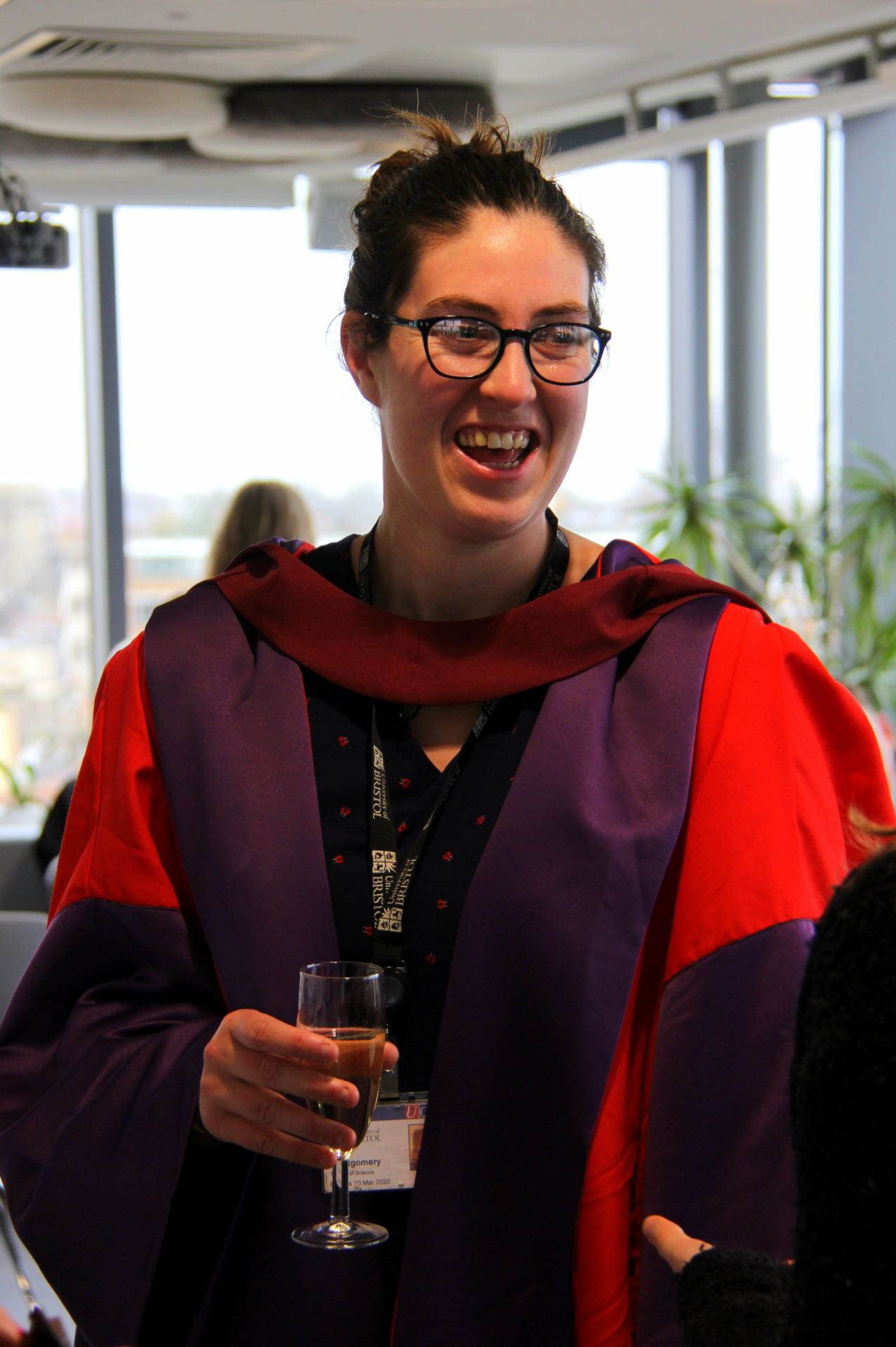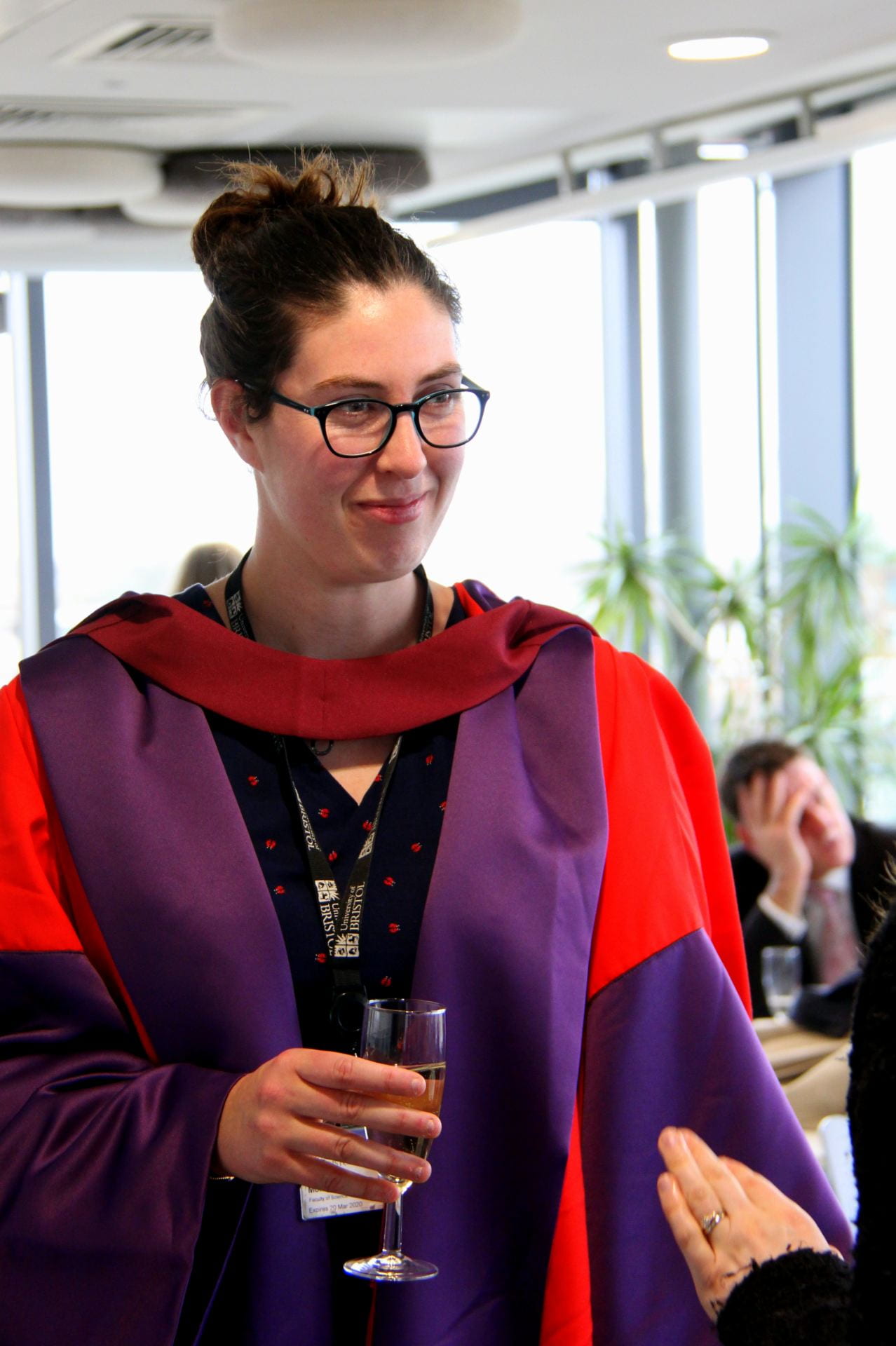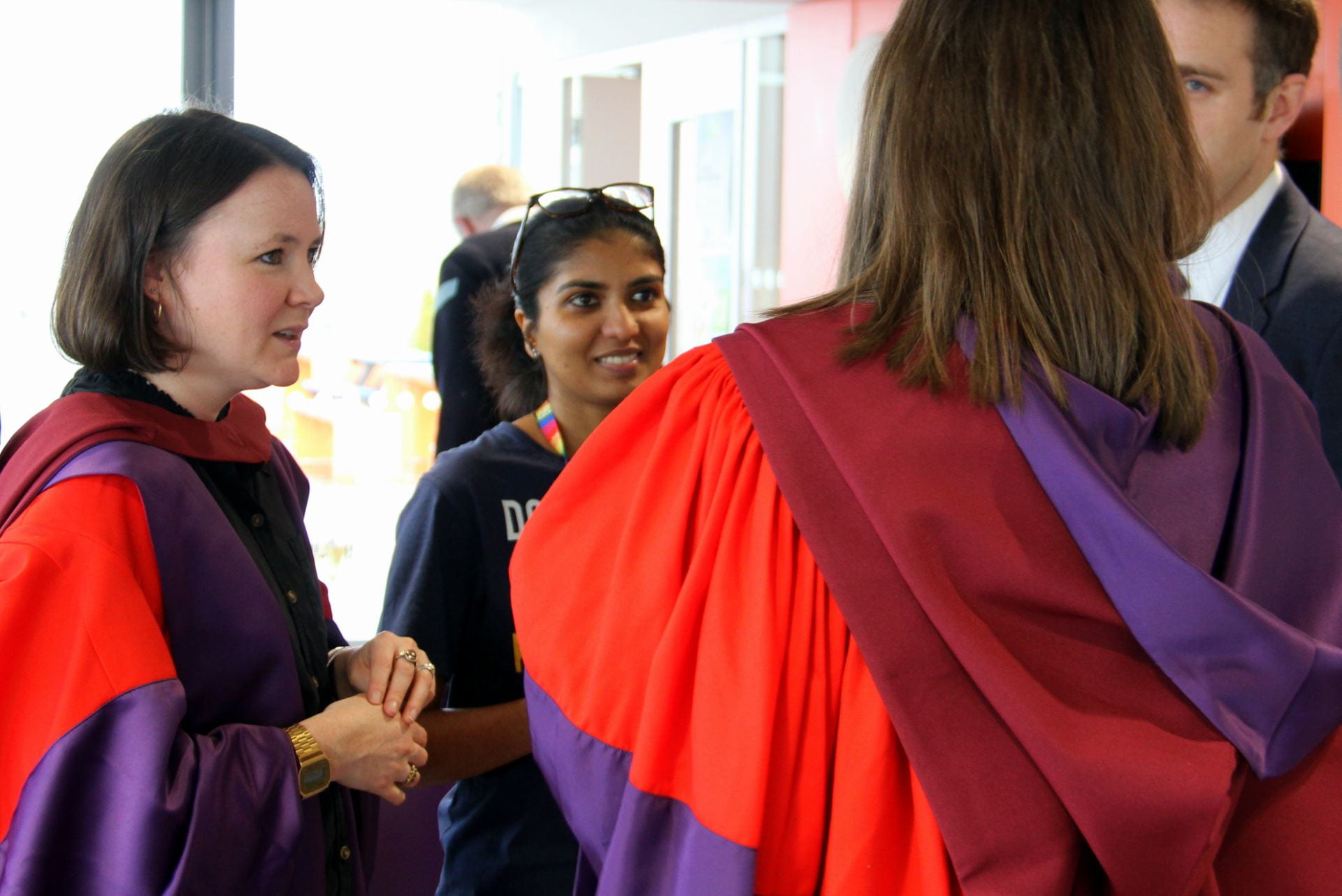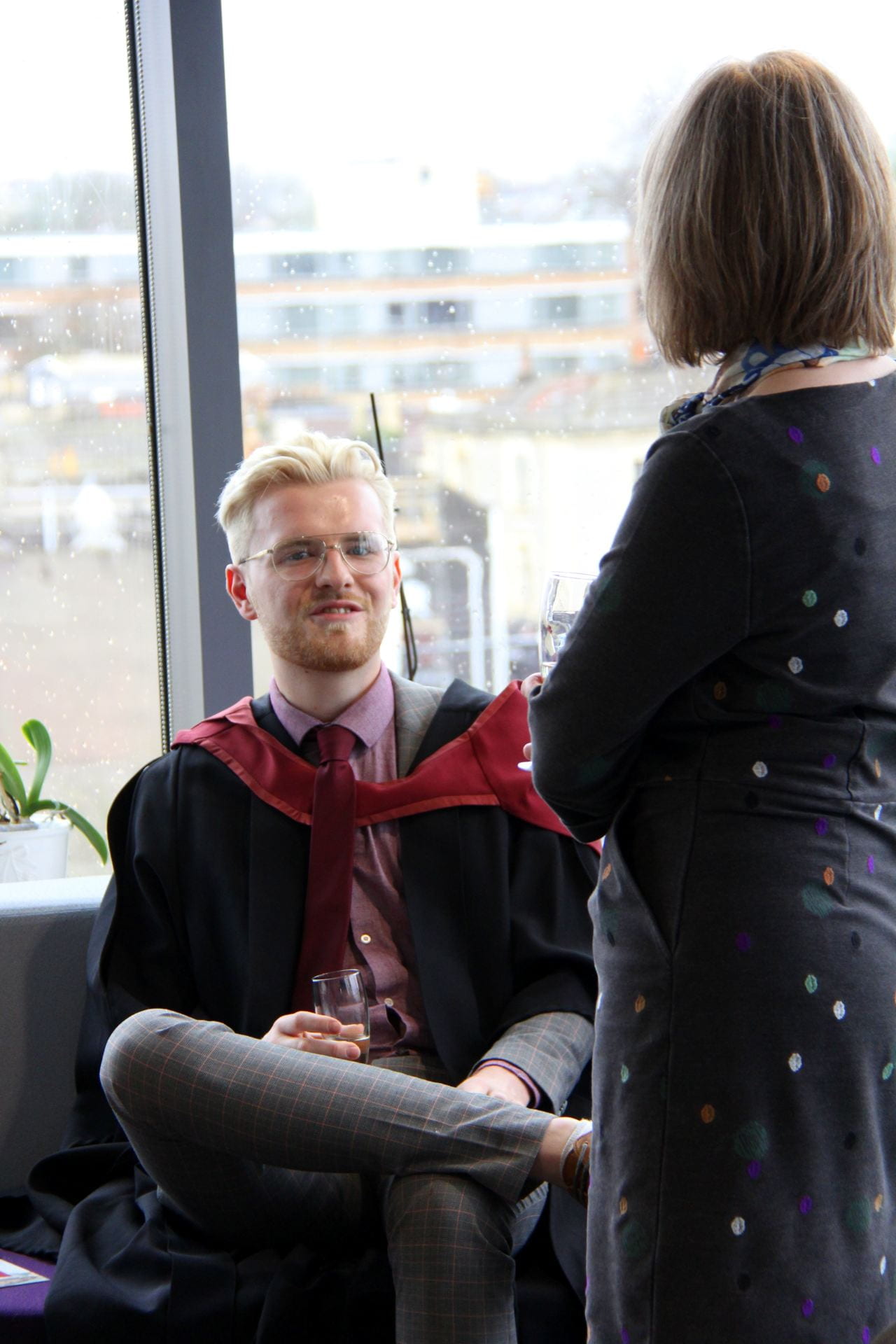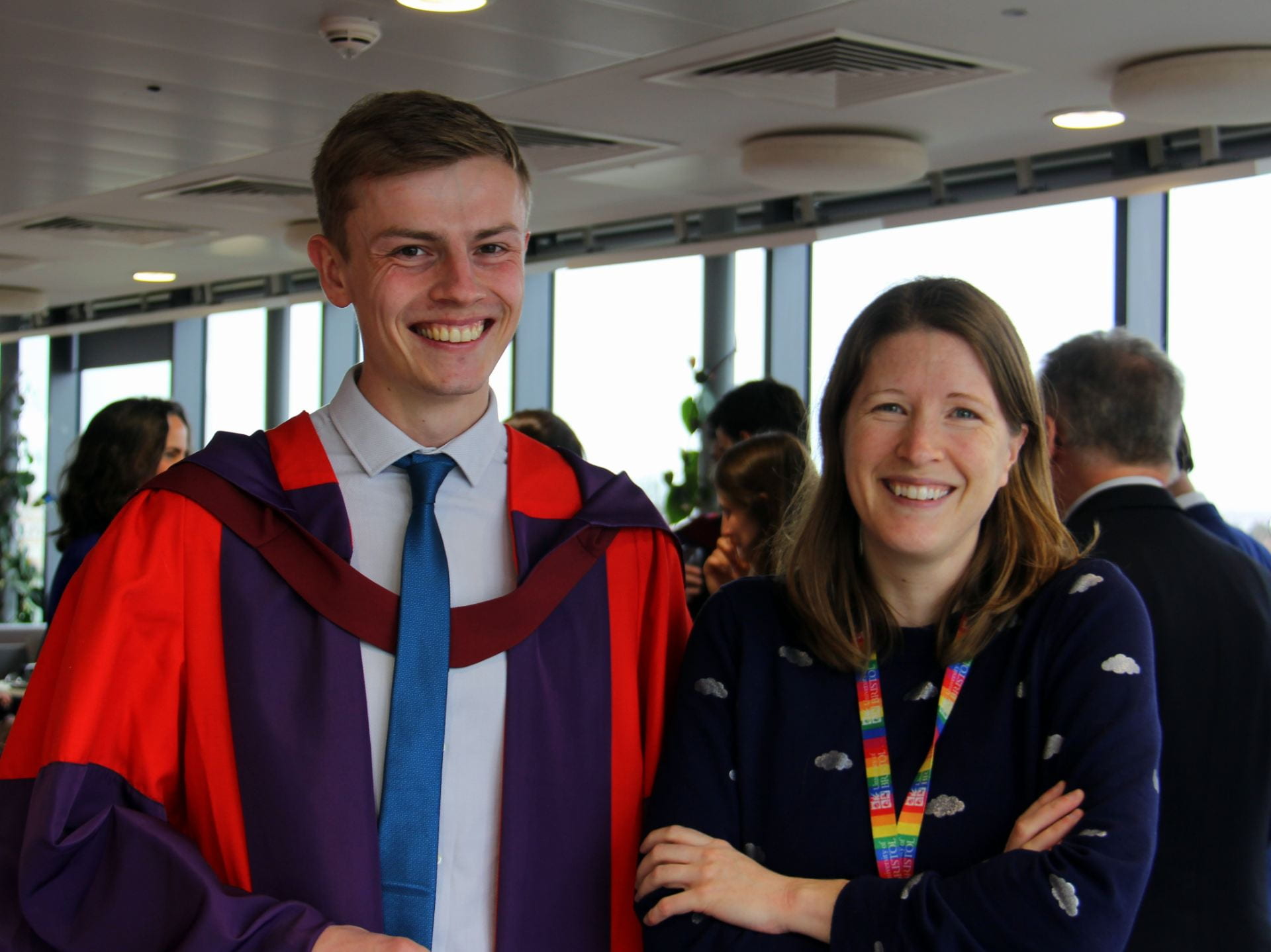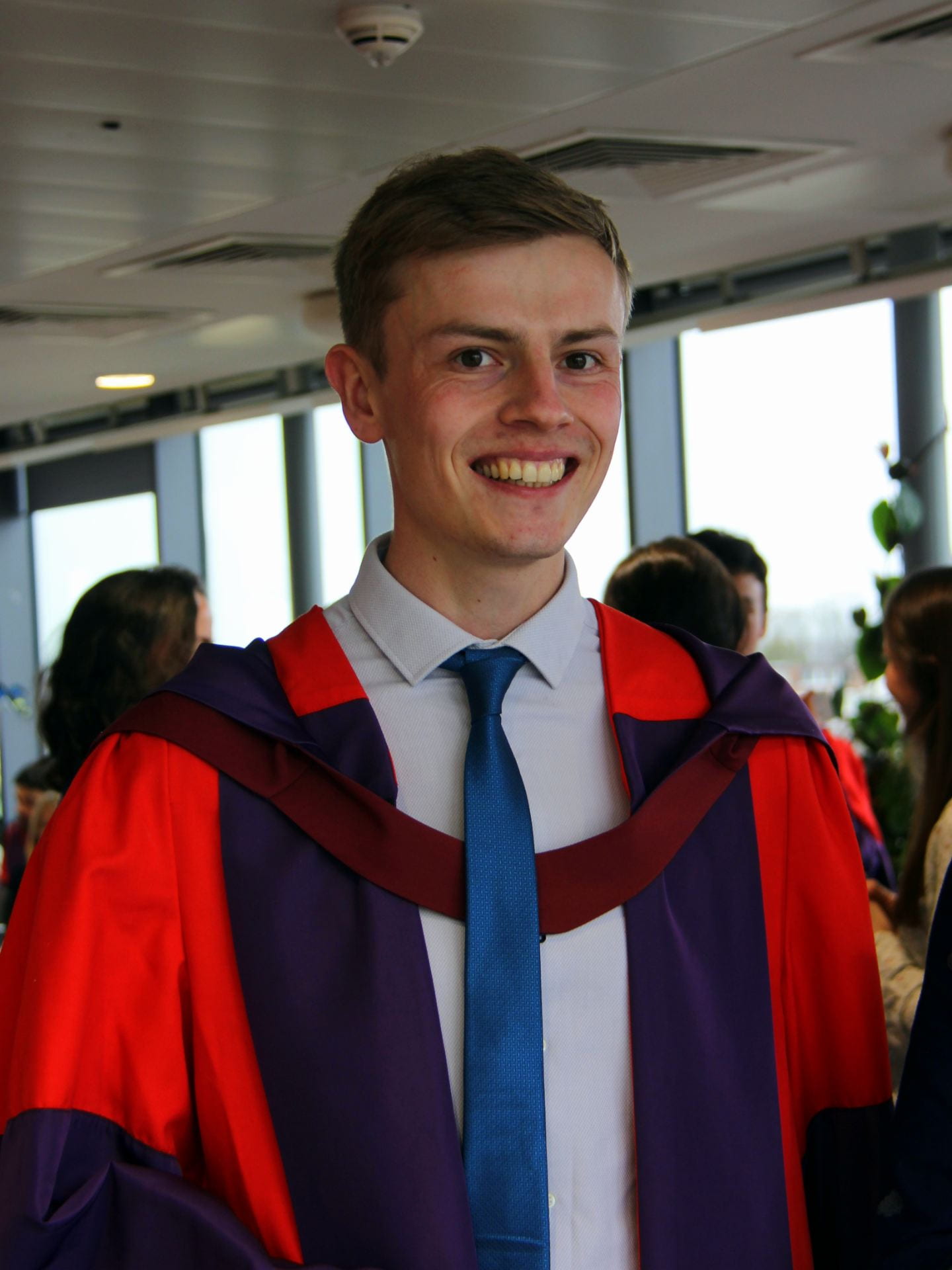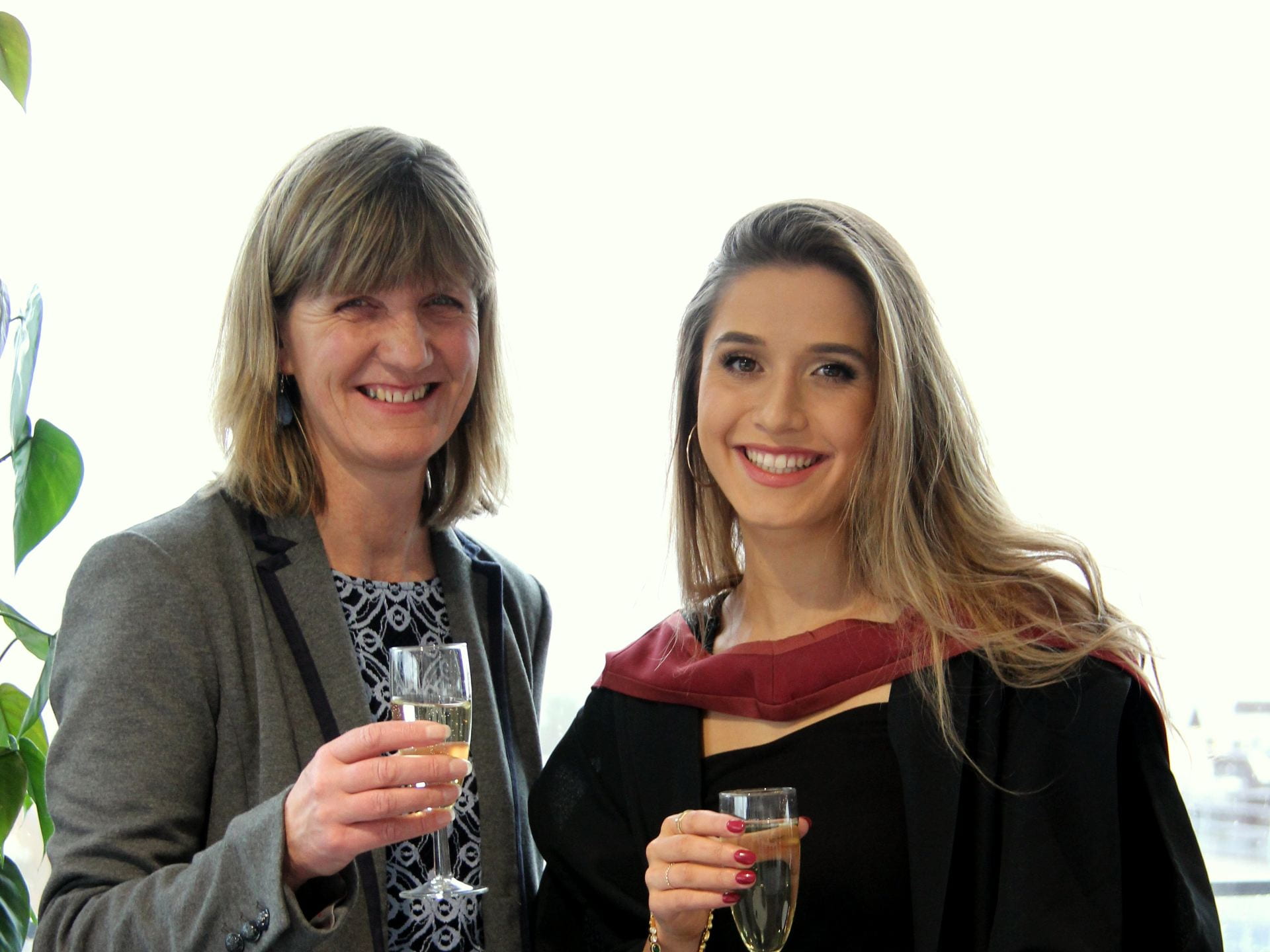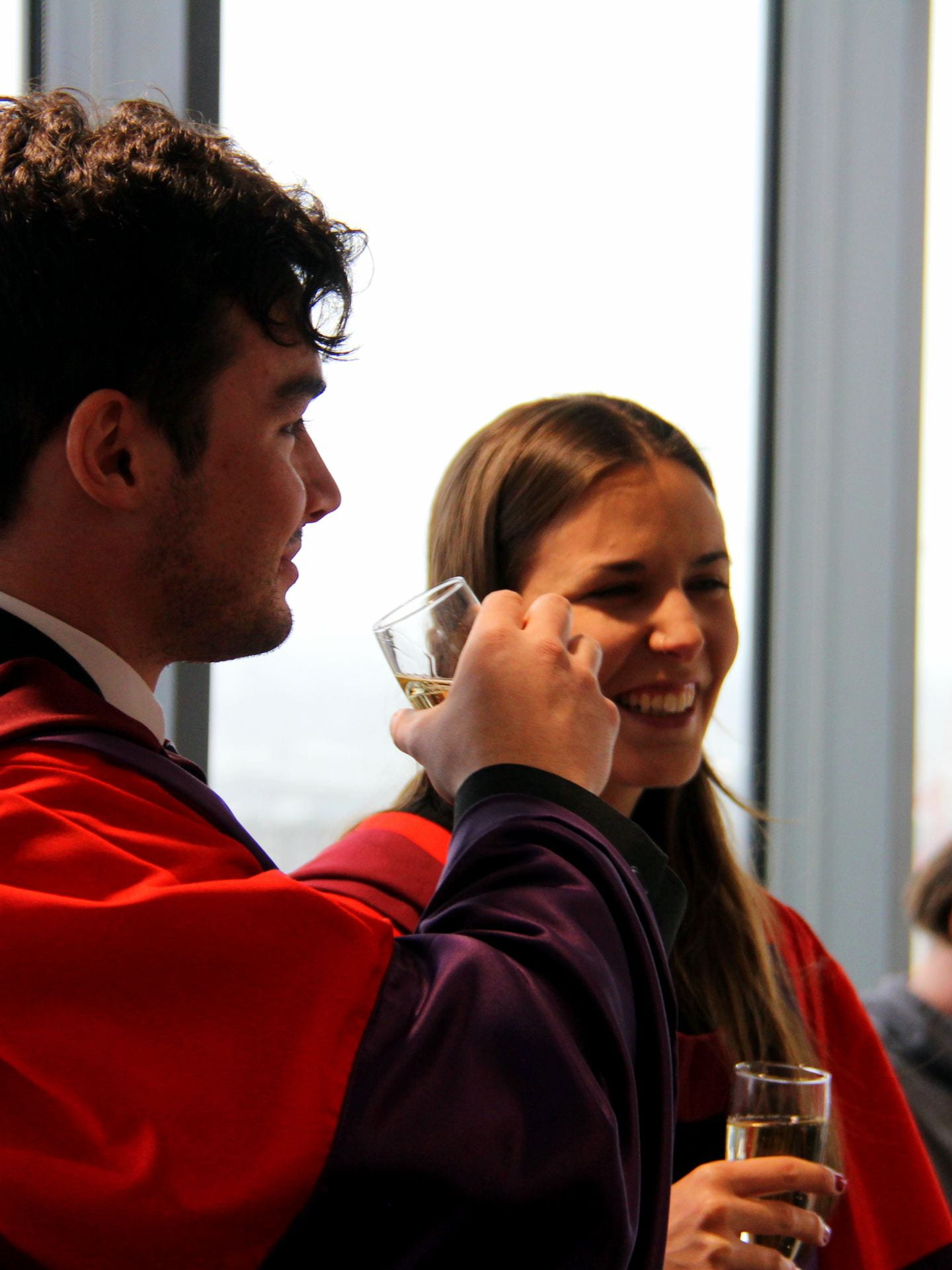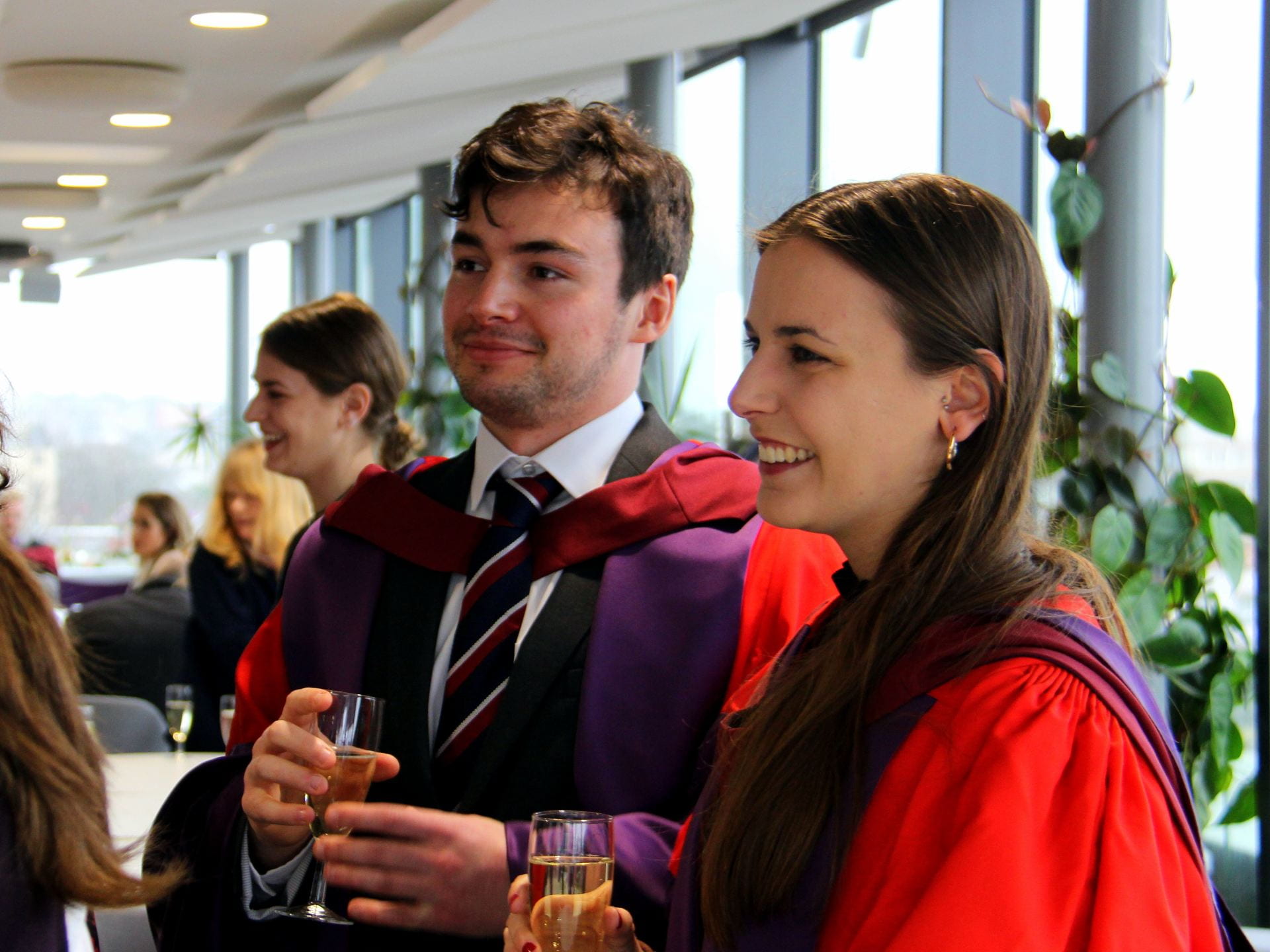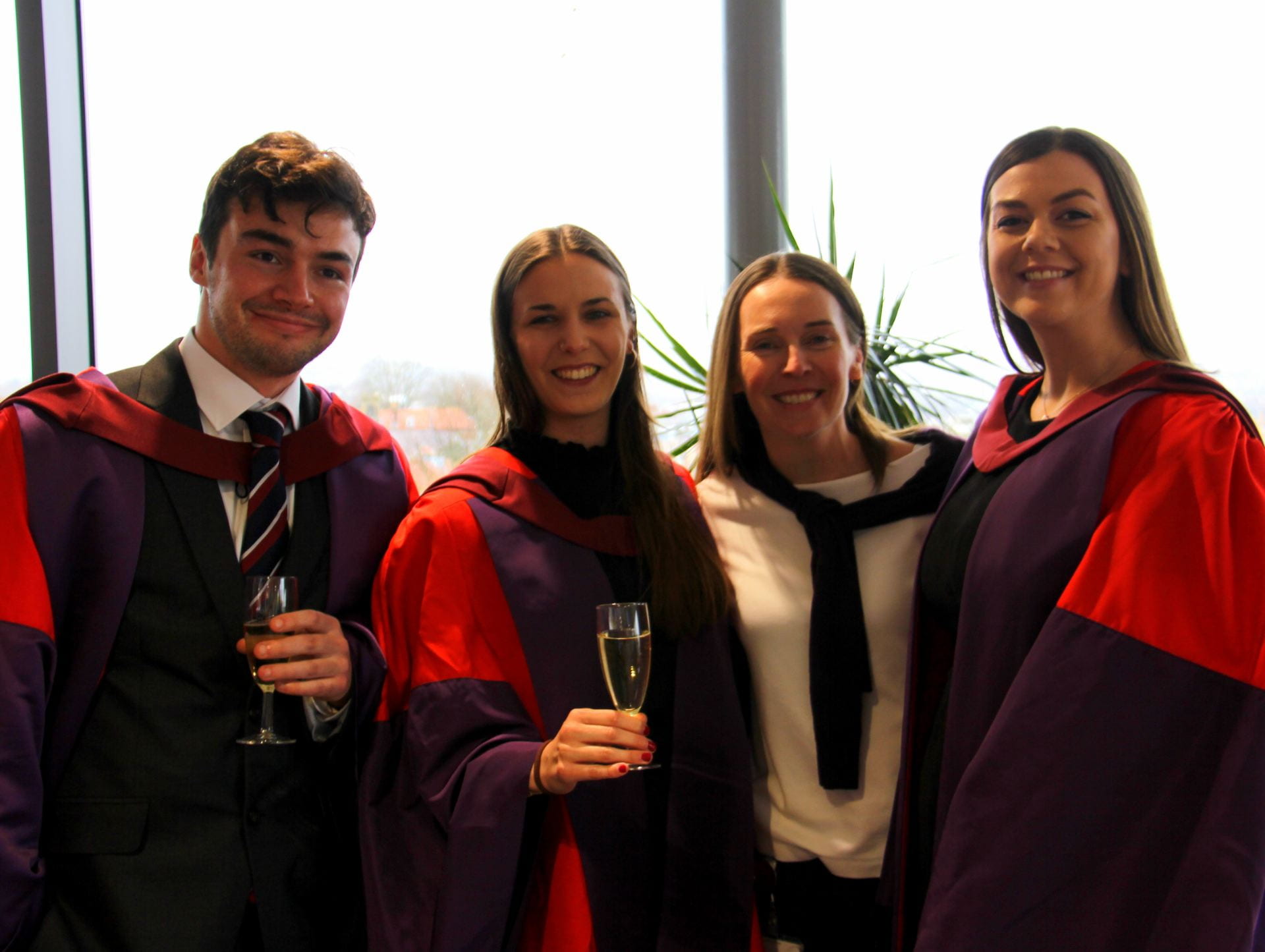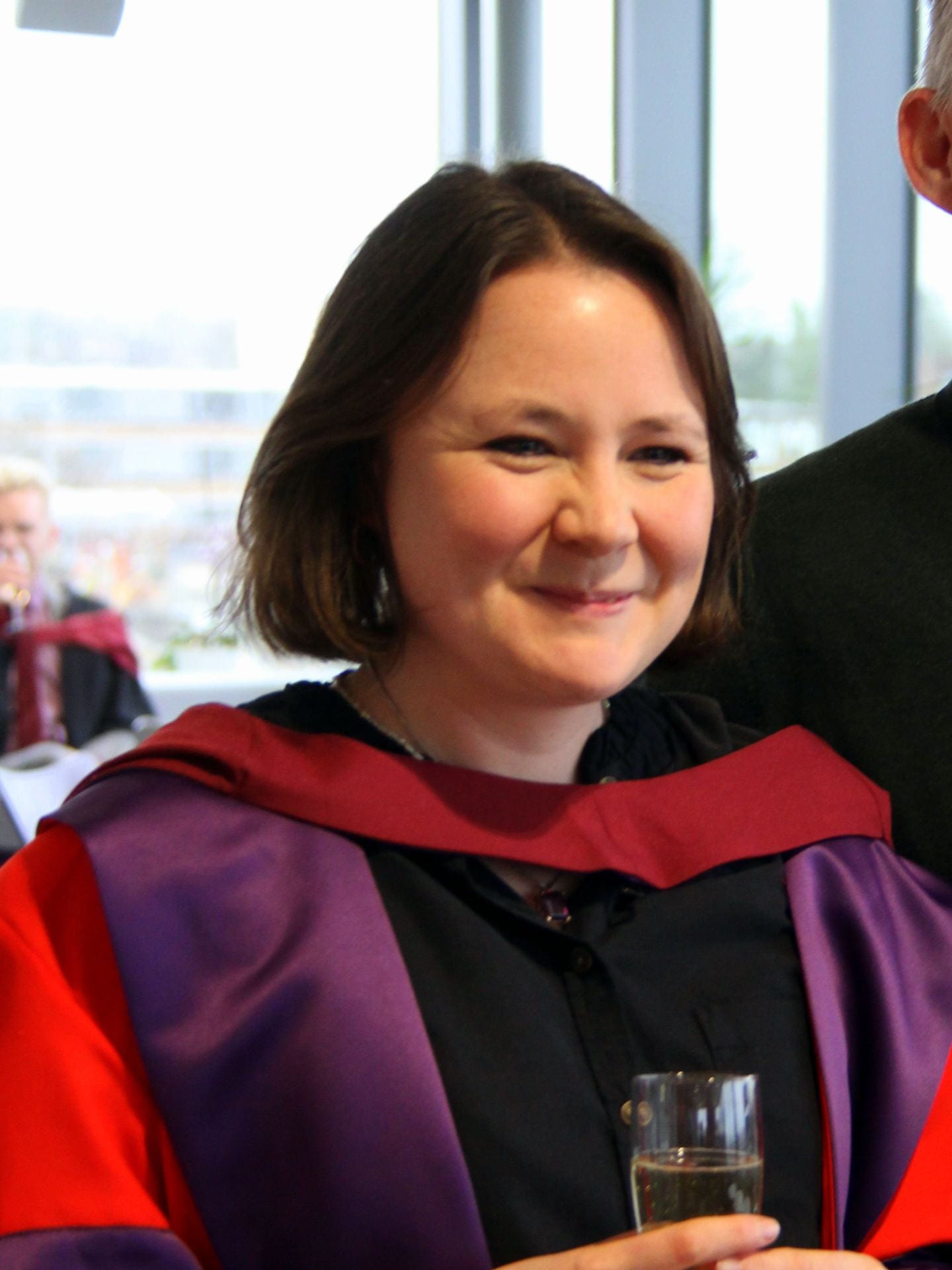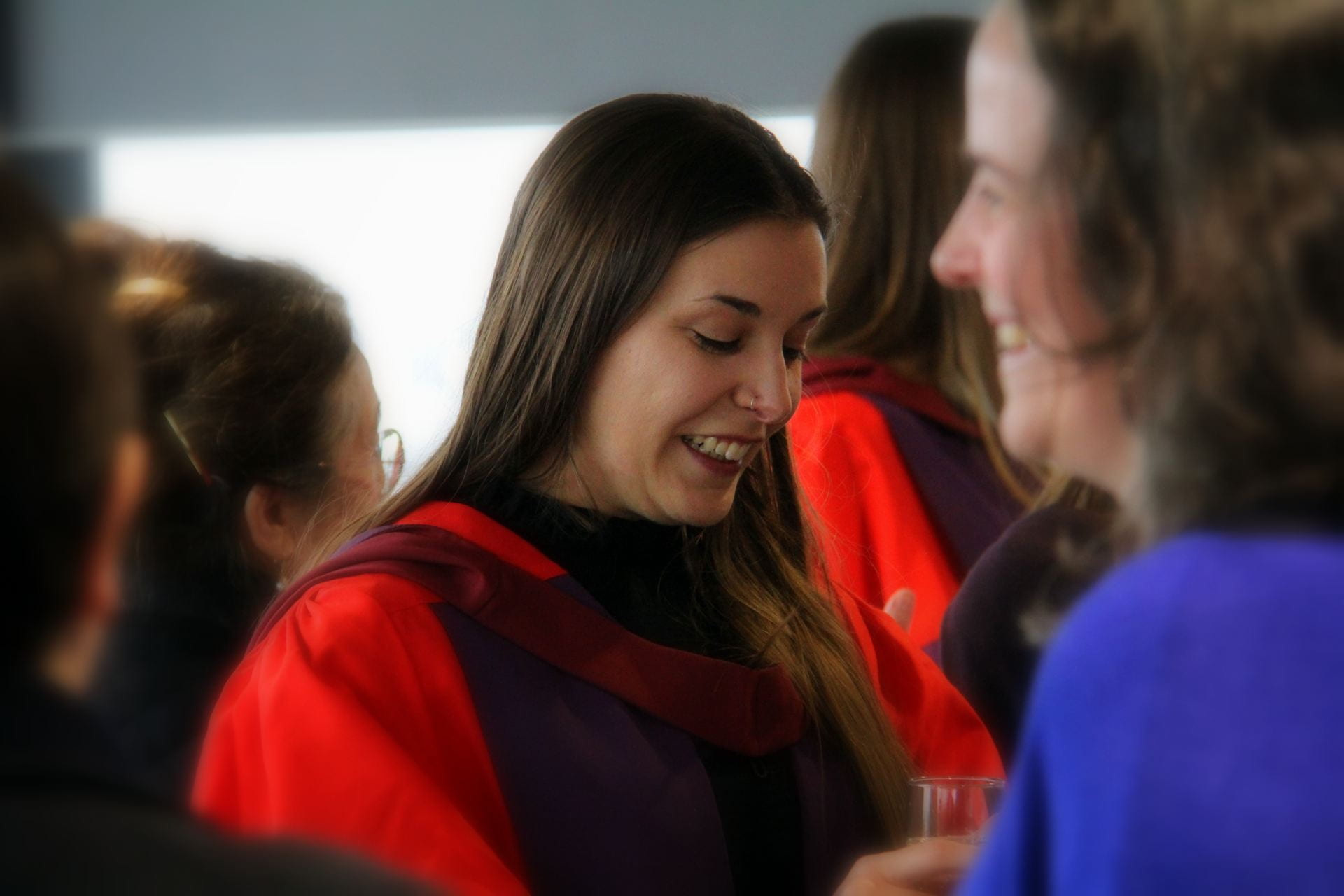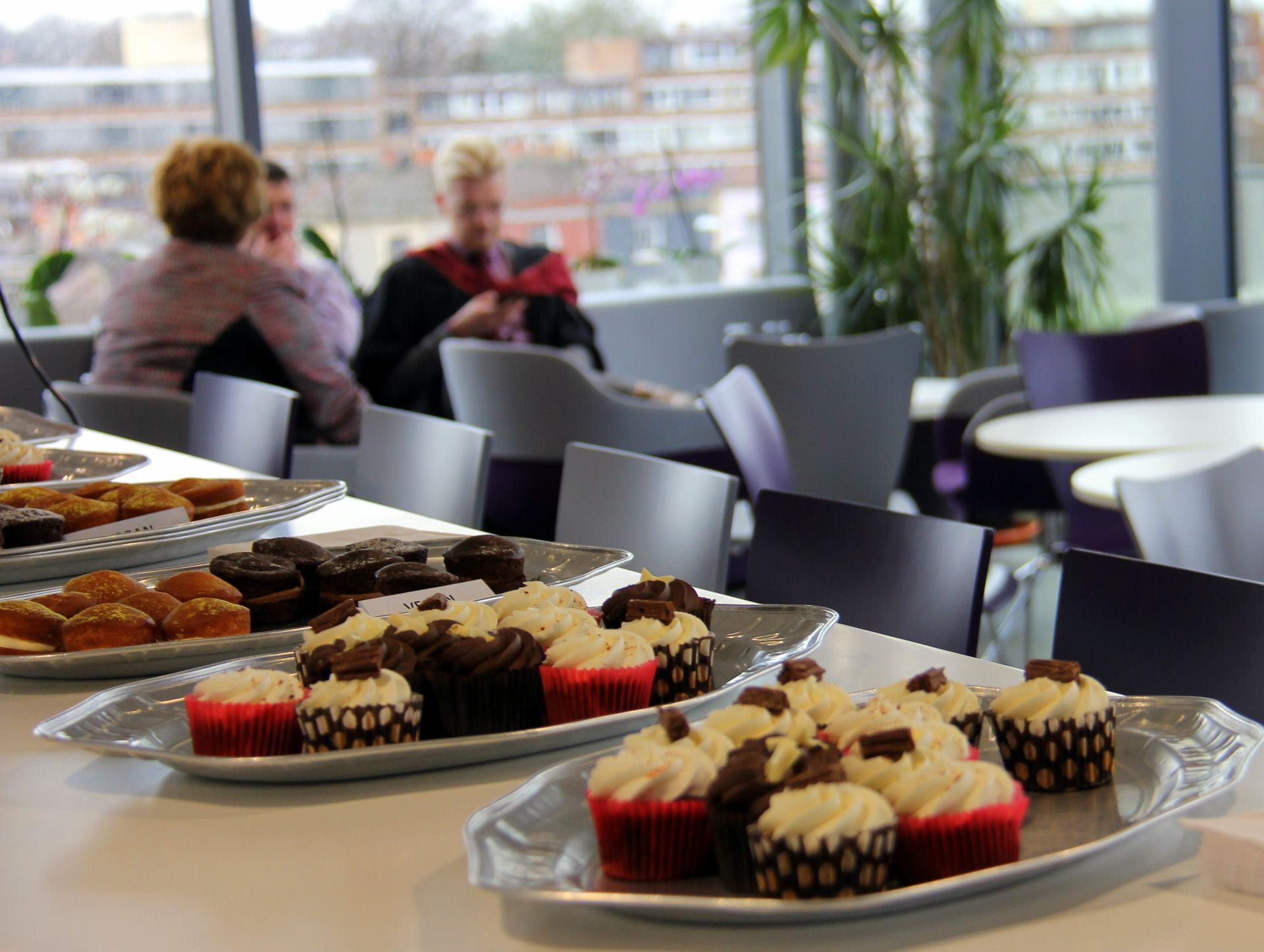The Friends of the University of Bristol Botanic Garden welcomed 3rd-year UoB PhD student Nick Tew to discuss his findings on “Food for Insect Pollinators in Towns and Cities”. Nick focused on an optimistic outlook on the effects of urbanisation on pollinator species numbers in Bristol, and the unique conservation opportunities we can do in the city. He began by showing the plant experts, gardeners and local enthusiasts alike the delights of the ‘Bee Movie’, with a clip from the film representing our love for bees and apparent fast approaching doom as their numbers continue to dwindle.
Nick began with an interesting thought that media representations of plant pollinating species tend to focus on bees. ‘Pollinator Movie’ is a criminally underappreciated film idea, with other amazing pollinator species of wasp, fly, beetle and many more not enjoying the same media attention. The importance of pollinators in the sexual reproduction of flowering plants affects our natural world from our day to day lives to the scope of an entire ecosystem. For example, 76% of leading food crops have some degree of reliance on animal pollinators and is often key in producing good quality food rich in micronutrients. Plants have their own intrinsic value, and pollinators are vital in preserving the high diversity of plant species for future generations.
And this is why the figures showing a decline in our pollinator species are so impactful, with some habitats in Britain having a measured 55% drop in the number of pollinator species. Nick focused on the impact of land-use change, where natural wild grassland is converted for other, human-specific use. The most extreme land-use change is urbanisation. The building of cities leads to the removal of native plant species, warmer temperatures, and impervious surfaces. In general, land-use change is a hard and fast method in destroying biodiversity.
Nick’s own passion for allotment gardening and animal behaviour led him to his PhD thesis. Though urbanisation will negatively affect some pollinator species, bees appear to be particularly resilient to land-use change and can even find new opportunities. He theorises that this is because the larval and adult forms in bees feed on the same food sources, therefore do not need a specific plant to survive the juvenile stages. As generalised feeders, they can extract nectar and pollen from a variety of plants.
Nick began the first steps of his research in 2018 and measured the nectar content of over 200 flower species, including in the university’s own botanical garden. The measurements revealed that most of the nectar in urban areas are provided for by gardens. He found that urban areas had a more diverse array of pollinator species than farmland and nature reserves.
The second stage of his research found Nick visiting 59 different gardens in Bristol and measuring an estimated nectar production in individual gardens for each season. The gardens highly differed from one another, from their species types to the densities of plants. Generally, July was found to have the highest nectar production, with a drop in production starting in October.
However, Nick’s results showed the continuity of nectar when combining gardens together. As people plant different flowers from native and non-native species, a bee that may be able to forage in over 1000 gardens will likely be able to source nectar at each point of the year from at least a few gardens, even if the average output is minimal. The vivid pink and purple flowers of Fuchsia are a popular staple of UK gardens and are incredibly important in producing nectar in the Summer to Autumn months. In their native Americas, Fuchsia is pollinated by hummingbirds, so they produce high quantities of nectar. For UK insect pollinators, they present an absolute buffet. With this, Nick is able to present how the unique opportunity of gardens with a diverse range of flowering plants and non-native species in urban areas can actually lead to a more stable food source for pollinators.
So, what can people in cities do to help conserve our pollinator species? The opportunities presented by gardens in urban areas ride on a high diversity of flowering plants. Plant unusual flowers, ones that flower at different types of year. Think about planting 3D structure flowering plants, such as Fuchsia shrubs which can produce many flowers in one season. And, perhaps the easiest option, save your weeds! This means not pulling dandelions, clovers, and daisies that pop up in your lawn. If each available garden, green and allotment spaces are cared for with these points in mind, and with Nick’s expert opinion on which plants are best arranged together, we can help sustain our pollinators.
Written by Nicky Kobayashi-Boyd, Biology (BSc)


